With Nobel Laureate Dr Thomas Cech attending in person.
Discourse, debate, and analysis
Cambridge
Re:think Essay
Competition 2025
This 2025, CCIR received over 13,000 submissions—three times more than in 2024—from students across more than 50 countries. Out of the submissions, our jury panel selected approximately 1,300 Honourable Mentions (the top 10% of submissions) and 33 award winners (the top 0.25% of submissions).
In 2026, we are looking forward to another round of global submissions and we will be welcoming the winners to the Cambridge campus this summer.
We welcome talented high school students from diverse educational settings worldwide to contribute their unique perspectives to the competition.
Entry to the competition is free.
Competition Opens
15th January, 2025
Essay Submission Deadline
10th May, 2025
Result Announcement
26th May, 2025
Award Ceremony and Dinner
30th July, 2025
(at the University of Cambridge)
About the Competition
The spirit of the Re:think essay competition is to encourage critical thinking and exploration of a wide range of thought-provoking and often controversial topics. The competition covers a diverse array of subjects, from historical and present issues to speculative future scenarios. Participants are invited to engage deeply with these topics, critically analysing their various facets and implications. It promotes intellectual exploration and encourages participants to challenge established norms and beliefs, presenting opportunities to envision alternative futures, consider the consequences of new technologies, and reevaluate longstanding traditions.
Ultimately, our aim is to create a platform for students and scholars to share their perspectives on pressing issues of the past and future, with the hope of broadening our collective understanding and generating innovative solutions to contemporary challenges. This year’s competition aims to underscore the importance of discourse, debate, and critical analysis in addressing complex societal issues in eight areas, including:
- Animal Rights and Society
- Freedom and Accountability
- Technology and Ethics
- Space Exploration and Governance
- Biotechonology
- Economics and Globalization
- Public Health
- Laws and Society
2025 Essay Prompts
This year, the essay prompts are contributed by distinguished professors from Harvard, Brown, UC Berkeley, Cambridge, Oxford, and MIT.
Essay Guidelines and Judging Criteria
Review general guidelines, format guidelines, eligibility, judging criteria.
Awards and Award Ceremony
Award winners will be invited to attend the Award Ceremony and Dinner hosted at the King’s College, University of Cambridge. The Dinner is free of charge for select award recipients.
Registration and Submission
Register a participant account today and submit your essay before the deadline.
The Cambridge Re:think Essay Competition is guided by an esteemed Advisory Committee comprising distinguished academics and experts from elite universities worldwide. These committee members, drawn from prestigious institutions, such as Harvard, Cambridge, Oxford, and MIT, bring diverse expertise in various disciplines.
They play a pivotal role in shaping the competition, contributing their insights to curate the themes and framework. Their collective knowledge and scholarly guidance ensure the competition’s relevance, academic rigour, and intellectual depth, setting the stage for aspiring minds to engage with thought-provoking topics and ideas.
We are honoured to invite the following distinguished professors to contribute to this year’s competition.
The judging panel of the competition comprises leading researchers and professors from Harvard, MIT, Stanford, Cambridge, and Oxford, engaging in a strictly double blind review process.
Keynote Speech by Nobel Laureate
We are beyond excited to announce that Dr Thomas R. Cech, the Nobel Prize laureate in Chemistry 1989, has confirmed to attend and speak in-person at this year's ceremony on 30th July, 2025.
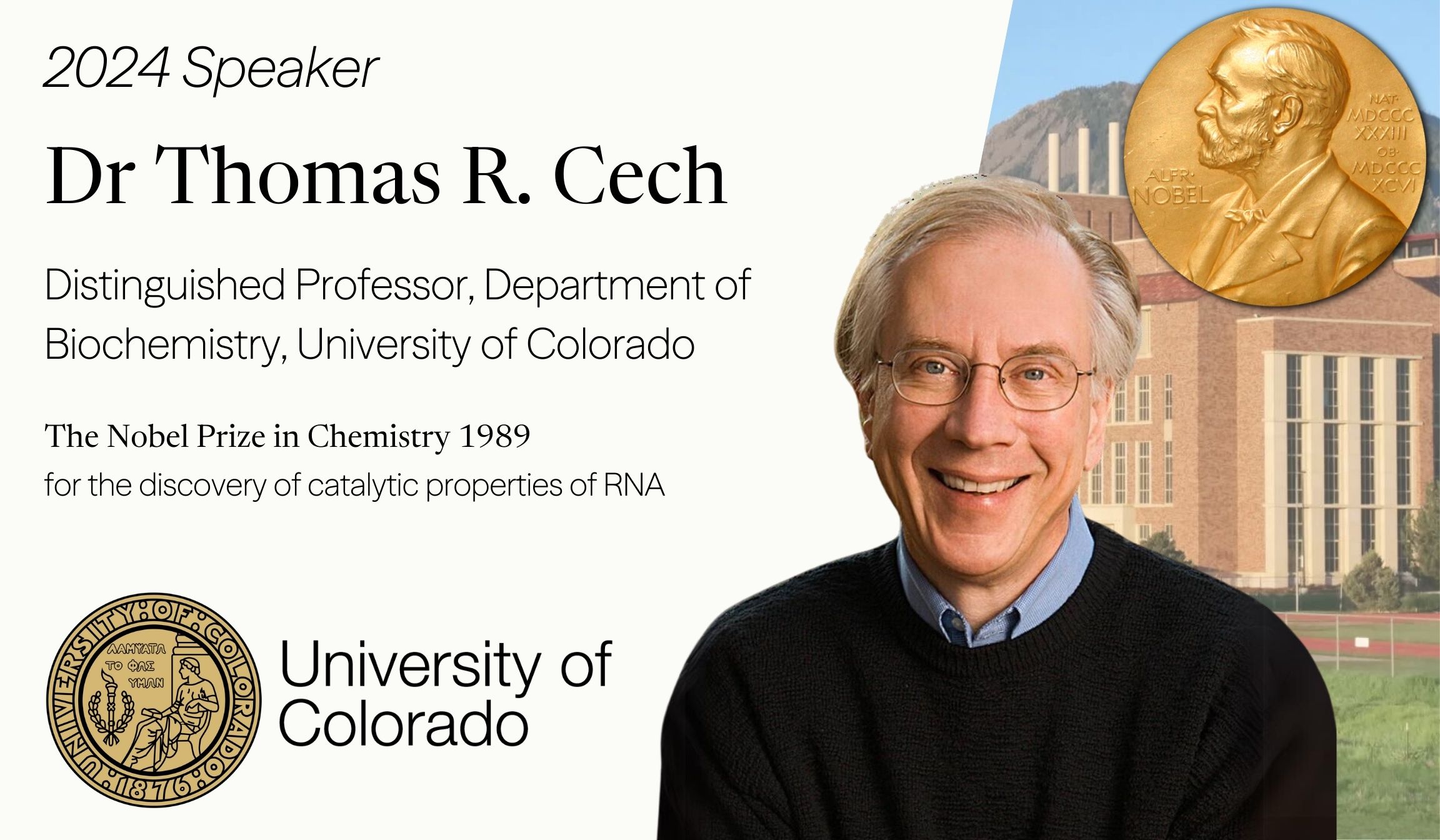
Dr Thomas Cech is an American chemist who shared the 1989 Nobel Prize in Chemistry with Sidney Altman, for their discovery of the catalytic properties of RNA. Dr Cech discovered that RNA could itself cut strands of RNA, suggesting that life might have started as RNA. He found that RNA can not only transmit instructions, but also that it can speed up the necessary reactions.
He also studied telomeres, and his lab discovered an enzyme, TERT (telomerase reverse transcriptase), which is part of the process of restoring telomeres after they are shortened during cell division.
As president of Howard Hughes Medical Institute, he promoted science education, and he teaches an undergraduate chemistry course at the University of Colorado.
The Official List of Re:Think 2025 Winners
- Sum Yu Cheong, St. Paul’s Convent School, Hong Kong, China
- Emma Tong, University Laboratory High School, United States
- Victoria Khoo Miin-Hsuen, Raffles Girls’ School, Singapore
- Yuchen Yao, Shenzhen Middle School, China
- Qingxiang Liao, Shenzhen College of International Education, China
- Esther Yoo, Bergen County Academies, United States
- Ziqin Han, Raffles Girls’ School, Singapore
- Eugene Lee, Yongsan International School of Seoul, Korea, South
- Qurrat Ul Ain Muhammad Sharif, GEMS Cambridge International School Dubai, United Arab Emirates
- Yuchen Jiang, Beijing Academy, China
- Hon Zhi Yong, Victoria Junior College, Singapore
- Emma Bao, National Cathedral School, United States
- Warren Toh, Raffles Institution, Singapore
- Shareen Patricia Pakpahan, SMAK 7 Penabur, Indonesia
- Riki Mian, St Paul’s school, United Kingdom
- Daniel Chen, Kaohsiung American School, Taiwan, Republic of China
- Annabelle Lee, German Swiss International School, Hong Kong, China
- Katie Kim, Deerfield Academy, United States
- Megan Ulambayar, American School of Ulaanbaatar, Mongolia
- Evie Lee, Stony Brook School – Gravitas Extension, Korea, South
- Liu Yicheng, The Experimental High School Attached to Beijing Normal University, China
- Hyunjin Lee, The American School of Kinshasa, Korea, South
- Miriam Lee, Garden International School Kuala Lumpur, Malaysia
- Hana He, Westtown School, United States
- Ivan Zheng, Sage Hill School, United States
- Shi-Qi Chen, Taipei American School, Taiwan, Republic of China
- Maria Mann, BHASVIC, United Kingdom
- Hermione Wu, The Hotchkiss School, United States
- Yena Choi, Korea International School, Korea, South
- Caleb Liang, Encinal High School, United States
2025
Essay Prompts
Animal Rights and Society
Should we prioritize animal rights to the extent that we eliminate all forms of animal agriculture?
Professor Commentary:
The debate over prioritizing animal rights to the extent of eliminating all animal agriculture is complex. It involves weighing animal welfare against human food needs and economic factors. Proponents of animal rights argue for avoiding suffering in intensive farming, while others believe that ethical considerations can align with responsible animal agriculture.
Peter Singer – Animal Liberation (1975)
The groundbreaking book that popularized the idea of speciesism, arguing that animals deserve moral consideration just like humans.
Cora Diamond – “Eating Meat and Eating People” (1978)
A thought-provoking essay that challenges us to rethink why we eat animals but not people, sparking deep ethical questions.
Tom Regan – The Case for Animal Rights (1983)
A powerful argument for recognizing animals as individuals with rights, not just resources for humans to use.
Will Kymlicka and Sue Donaldson – Zoopolis: A Political Theory of Animal Rights (2011)
A fresh take on animal rights, imagining animals as members of our society with their own roles and protections.
Alasdair Cochrane – Animal Rights Without Liberation (2012)
A practical approach to improving animal welfare without calling for a total ban on all animal use.
Jonathan Safran Foer – Eating Animals (2009)
A personal and emotional journey into the ethical and environmental issues behind the food we eat.
Melanie Joy – Why We Love Dogs, Eat Pigs, and Wear Cows (2010)
An eye-opening look at why society treats some animals as friends and others as food, and how this affects us all.
Michael Pollan – The Omnivore’s Dilemma (2006)
A fascinating exploration of where our food comes from, from industrial farms to sustainable agriculture.
Carol J. Adams – The Sexual Politics of Meat (1990)
A deep dive into how the way we treat animals connects to larger social issues like gender and power.
Matthew Scully – Dominion: The Power of Man, the Suffering of Animals, and the Call to Mercy (2002)
A heartfelt call to show compassion and respect for animals in a world that often ignores their suffering.
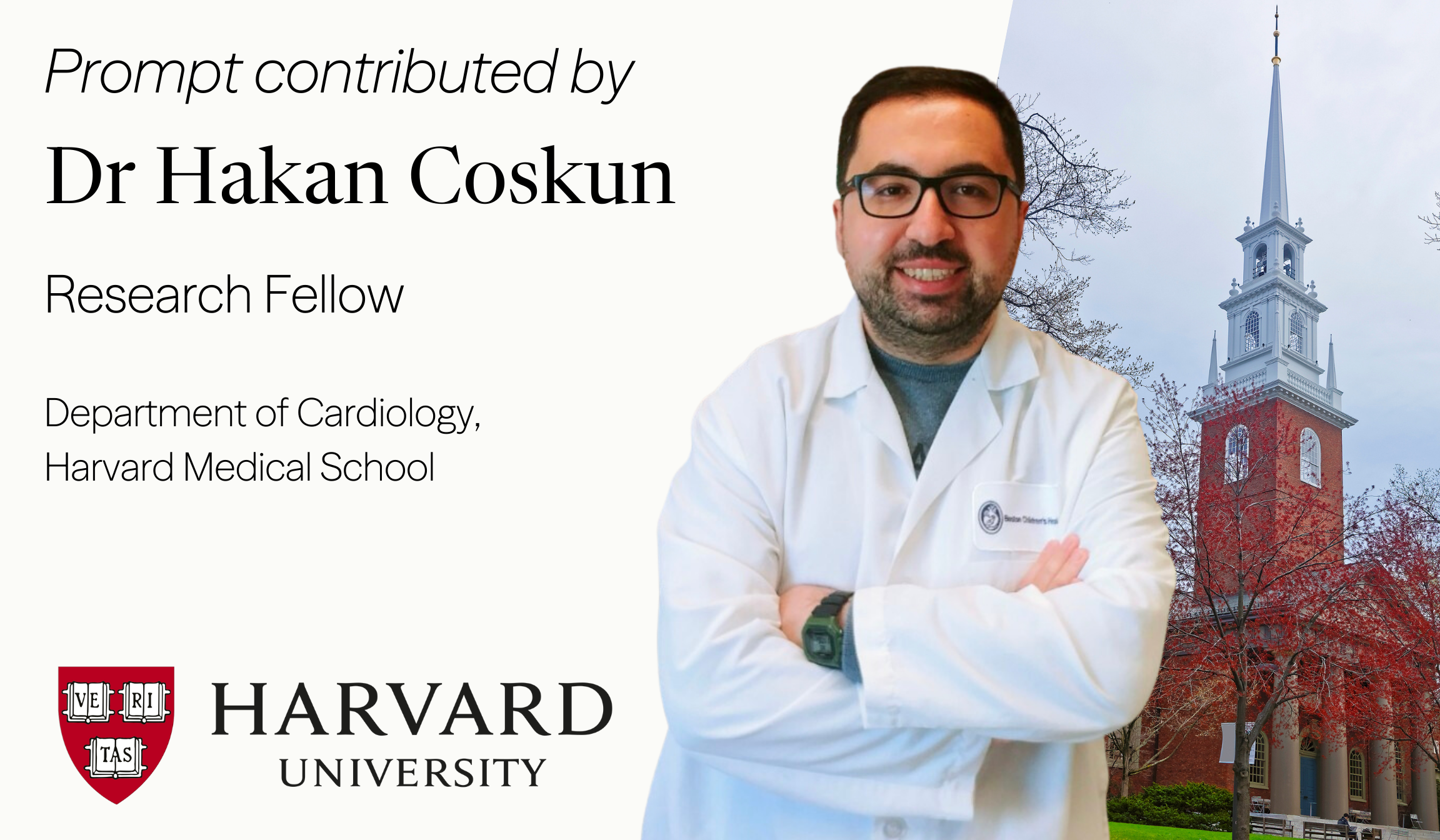
Freedom and Accountability
Is the concept of “cancel culture” a legitimate way to hold individuals accountable, or does it stifle free expression and promote intolerance?
Professor Commentary:
The concept of of cancel culture is considerably older than the modern day. The idea of damnatio memoriae (lit. Translated to ‘the condemnation of memory’) was familiar to many pre-modern civilisations. The question is ask is whether cancelling out and thus removing from collective memory an event does in fact undo the event or whether rather than cancelling the past, one should learn from it in order to build a healthier future. We see efforts to this effect in many different settings worth to draw on when addressing the essay question.
John Stuart Mill – On Liberty (1859)
A foundational work on free speech, emphasizing the importance of open dialogue in a democratic society.
Judith Butler – Excitable Speech: A Politics of the Performative (1997)
Explores how language can both empower and harm, offering insights into public shaming and accountability.
Jürgen Habermas – The Structural Transformation of the Public Sphere (1962)
Examines how public discourse shapes democracy, providing a lens to understand cancel culture and free expression.
John Dewey – The Public and Its Problems (1927)
Discusses the importance of community and communication in democracy, relevant to debates on collective accountability.
Kwame Anthony Appiah – The Honor Code: How Moral Revolutions Happen (2010)
Explores how social norms evolve, offering parallels to the rise of cancel culture as a moral tool.
Jon Ronson – So You’ve Been Publicly Shamed (2015)
A captivating look at the personal and social consequences of public shaming in the digital age.
Roxane Gay – Bad Feminist (2014)
Engages with the complexities of calling out problematic behavior while promoting growth and understanding.
Anne Applebaum – Twilight of Democracy: The Seductive Lure of Authoritarianism (2020)
Examines how polarization, including cancel culture, affects democratic discourse.
Tressie McMillan Cottom – Thick: And Other Essays (2019)
Tackles race, gender, and public accountability with sharp and personal insights.
Michael Hobbes and Sarah Marshall – You’re Wrong About (Podcast) (Ongoing)
A deep dive into misunderstood cultural phenomena, including episodes on cancel culture and its nuances.
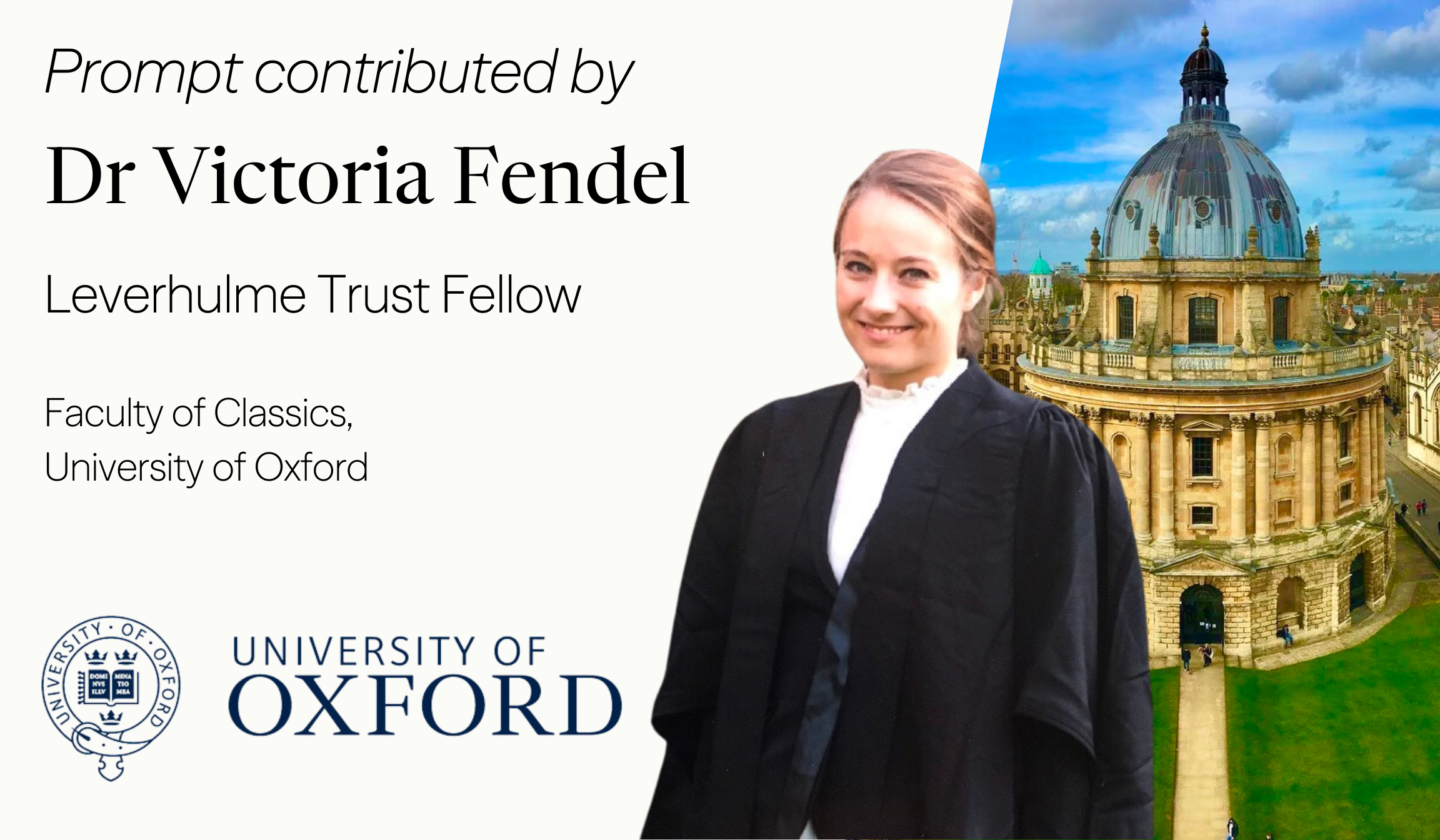
Technology and Ethics
How can we deal with algorithmic bias and opacity?
Professor Commentary:
As machine learning tools increasingly influence more decisions in sectors like law, healthcare, and finance, their susceptibility to bias and lack of transparency can have profound social impacts. In responding to this prompt, you should critically engage with the technical and ethical aspects of algorithmic bias and opacity. To assess the risks posed by these issues, consider the range of reasons for the emergence of biases in machine learning—from algorithm design to data collection and feedback loops—along with different forms of both deliberate and unintended opacity.
Analyzing existing regulatory frameworks to identify potential improvements will strengthen your argument. Consider frameworks from both public and private sectors to arrive at solutions that ensure equity and transparency without stifling innovation or exposing algorithms to “gaming.” Effective essays will balance technical insights with ethical considerations as well as demonstrate an awareness of the challenges in regulating a rapidly evolving field.
Cathy O’Neil – Weapons of Math Destruction (2016)
A groundbreaking exploration of how algorithms can reinforce inequality and harm vulnerable populations.
Virginia Eubanks – Automating Inequality: How High-Tech Tools Profile, Police, and Punish the Poor (2018)
Examines how algorithmic systems disproportionately impact marginalized groups, emphasizing the ethical stakes.
Frank Pasquale – The Black Box Society: The Secret Algorithms That Control Money and Information (2015)
An influential critique of algorithmic opacity and the need for accountability in technology-driven decision-making.
Ruha Benjamin – Race After Technology: Abolitionist Tools for the New Jim Code (2019)
Challenges how technology perpetuates racial biases and offers insights into creating equitable systems.
Michael Kearns and Aaron Roth – The Ethical Algorithm (2019)
A practical guide to designing fair and transparent algorithms while addressing ethical trade-offs.
Shoshana Zuboff – The Age of Surveillance Capitalism (2019)
A deep dive into how big tech exploits data, raising questions about privacy, accountability, and ethics.
Hannah Fry – Hello World: Being Human in the Age of Algorithms (2018)
A friendly introduction to how algorithms shape our lives and the ethical dilemmas they pose.
Safiya Umoja Noble – Algorithms of Oppression (2018)
Explores how search engines and similar tools reflect and reinforce societal biases.
Kate Crawford – Atlas of AI (2021)
Examines the social and environmental costs of AI, highlighting systemic biases and global impacts.
Podcasts: The Radical AI Podcast (Ongoing)
Features discussions with experts on topics like algorithmic fairness, transparency, and ethical AI development.
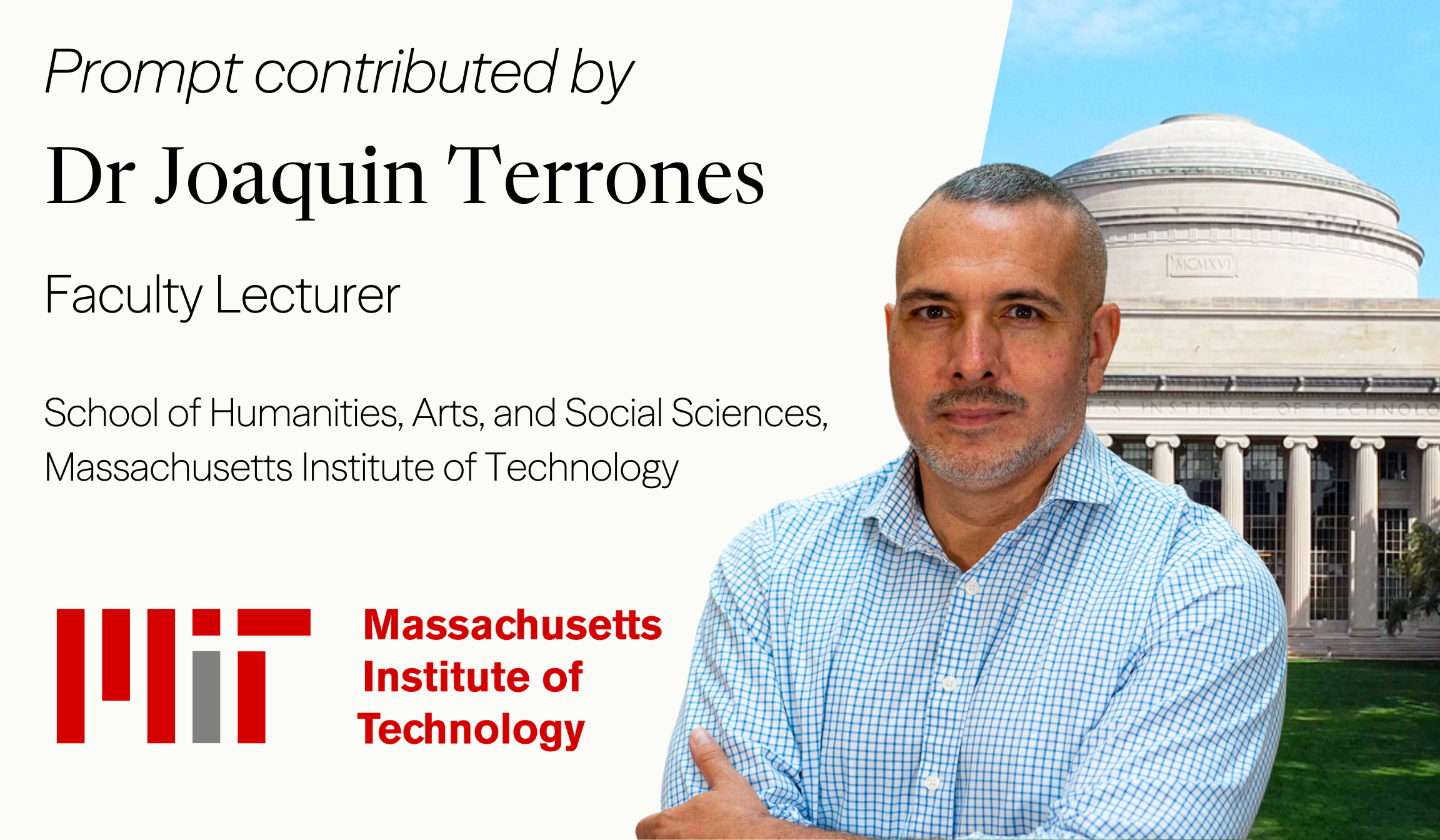
Space Exploration and Governance
What should we do to prepare for the era of space colonization?
Professor Commentary:
A key consideration in this question is who would benefit from the colonisation of space. What kinds of new inequalities will space colonisation create on Earth, and which inequalities will it reproduce? Would a ‘global governance’ be able to represent the ‘globe’? Essays answering this question should also address the historical developments regarding space exploration and their public perception.
Yuval Noah Harari – Sapiens: A Brief History of Humankind (2014)
Discusses humanity’s long-term trajectory and the ethical considerations of expanding into space.
Carl Sagan – Pale Blue Dot: A Vision of the Human Future in Space (1994)
Explores the philosophical and practical implications of space exploration, including the potential for unity and division.
James A. Dator, Richard C. Pratt, and Yvonne Marie Andres – Fairness in Space: Social Justice in Space Settlement (2019)
Analyzes how principles of justice might apply in space, addressing governance and inequalities.
Kim Stanley Robinson – Red Mars (1993)
A fictional but deeply researched depiction of colonizing Mars, highlighting political and social challenges.
Gerard K. O’Neill – The High Frontier: Human Colonies in Space (1976)
An influential vision of space colonization, advocating for large-scale orbital habitats and equitable benefits.
Neil deGrasse Tyson – Space Chronicles: Facing the Ultimate Frontier (2012)
A lively discussion of why space matters and what challenges humanity must overcome to colonize it.
Stephen Hawking – Brief Answers to the Big Questions (2018)
Includes Hawking’s thoughts on space colonization as a way to ensure humanity’s survival.
Podcast: Offworld by The Verge
A podcast that unpacks technical, ethical, and societal issues related to space exploration.
Mary Roach – Packing for Mars: The Curious Science of Life in the Void (2010)
A humorous yet insightful look at the practical challenges of living and working in space.
Christopher Wanjek – Spacefarers: How Humans Will Settle the Moon, Mars, and Beyond (2020)
Explores the technical and societal aspects of space colonization, with a focus on feasibility and ethics.
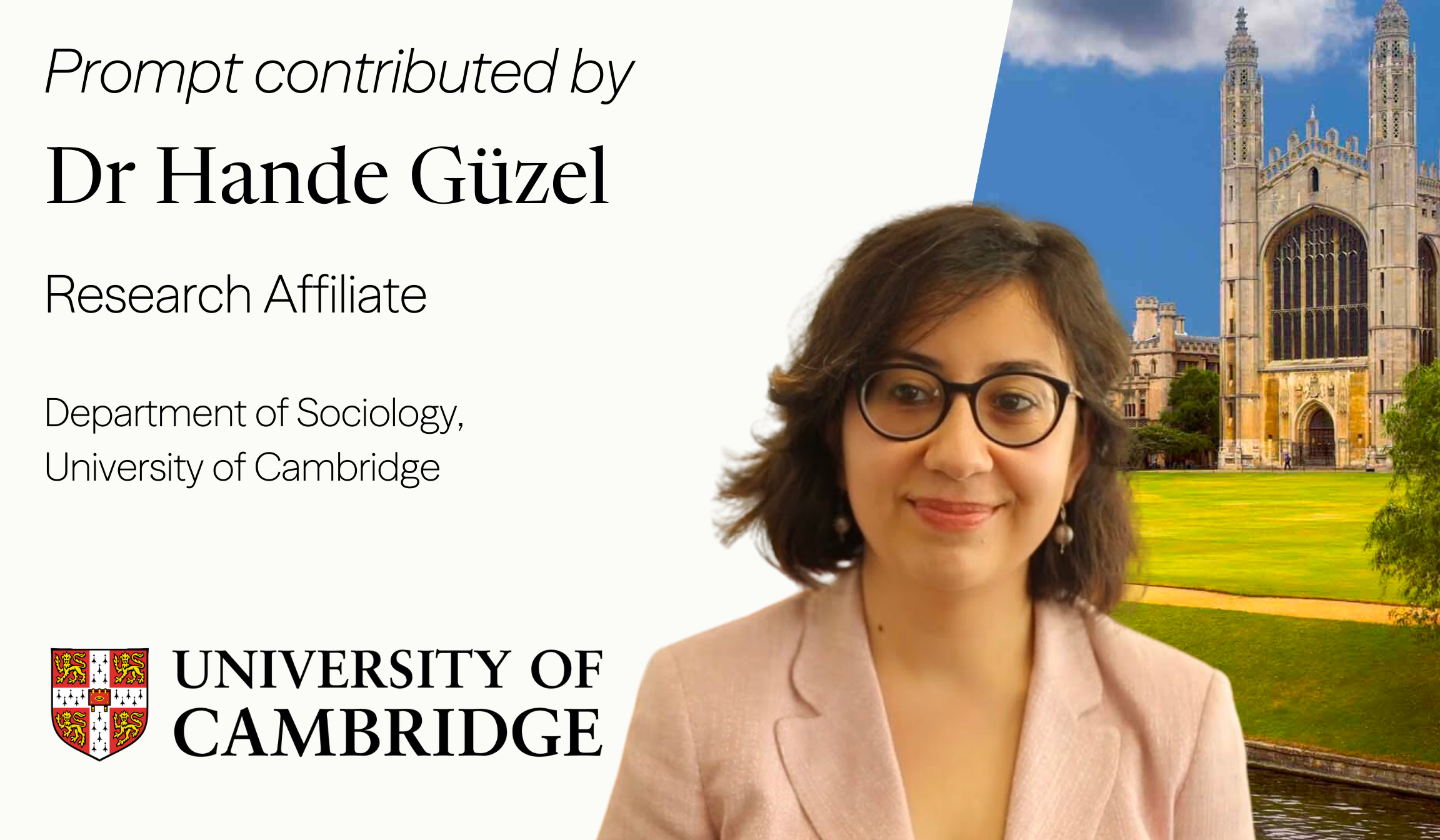
Biotechonology
Is genetic modification a valuable bioengineering tool or an unethical way to change our natural world?
Professor Commentary:
Genetic engineering has enabled scientists to change the way organisms behave, from genetic engineering of mice to model human diseases, to engineering crops for agriculture, to engineering human immune cells for modern cancer therapy. However, particularly with the advent of CRISPR based technologies, genetic engineering of human embryos and eugenics is also technically possible. Where should we draw the line on where, when, and how to implement genetic engineering in our world?
Jennifer Doudna and Samuel Sternberg – A Crack in Creation: Gene Editing and the Unthinkable Power to Control Evolution (2017)
A foundational exploration of CRISPR technology by one of its pioneers, examining its revolutionary potential and ethical implications.
Julian Savulescu and Nick Bostrom (Eds.) – Human Enhancement (2009)
A collection of essays exploring the philosophical, ethical, and social dimensions of genetic engineering and human enhancement.
Francis Fukuyama – Our Posthuman Future: Consequences of the Biotechnology Revolution (2002)
Critically examines the ethical and societal impacts of genetic engineering and biotechnology advancements.
George Church and Ed Regis – Regenesis: How Synthetic Biology Will Reinvent Nature and Ourselves (2012)
Explores synthetic biology’s potential to transform life on Earth, raising questions about ethics and ecological balance.
Sheila Jasanoff – Can Science Make Sense of Life? (2019)
Investigates how scientific advancements like genetic engineering challenge our understanding of life and raise questions about governance.
Walter Isaacson – The Code Breaker: Jennifer Doudna, Gene Editing, and the Future of the Human Race (2021)
A compelling biography of Doudna that explains the science of CRISPR and its profound ethical dilemmas in an accessible way.
Siddhartha Mukherjee – The Gene: An Intimate History (2016)
A sweeping history of genetics that delves into the promise and perils of genetic modification.
Michael Sandel – The Case Against Perfection: Ethics in the Age of Genetic Engineering (2007)
A thought-provoking critique of genetic engineering’s pursuit of “perfection,” emphasizing the ethical dilemmas involved.
Podcast: Radiolab – CRISPR (2016)
A fascinating discussion on the science and implications of CRISPR technology, ideal for newcomers to the topic.
Nathaniel Comfort – The Science of Human Perfection: How Genes Became the Heart of American Medicine (2012)
Examines the intersection of genetics, medicine, and culture, offering insights into the ethical stakes of genetic engineering.
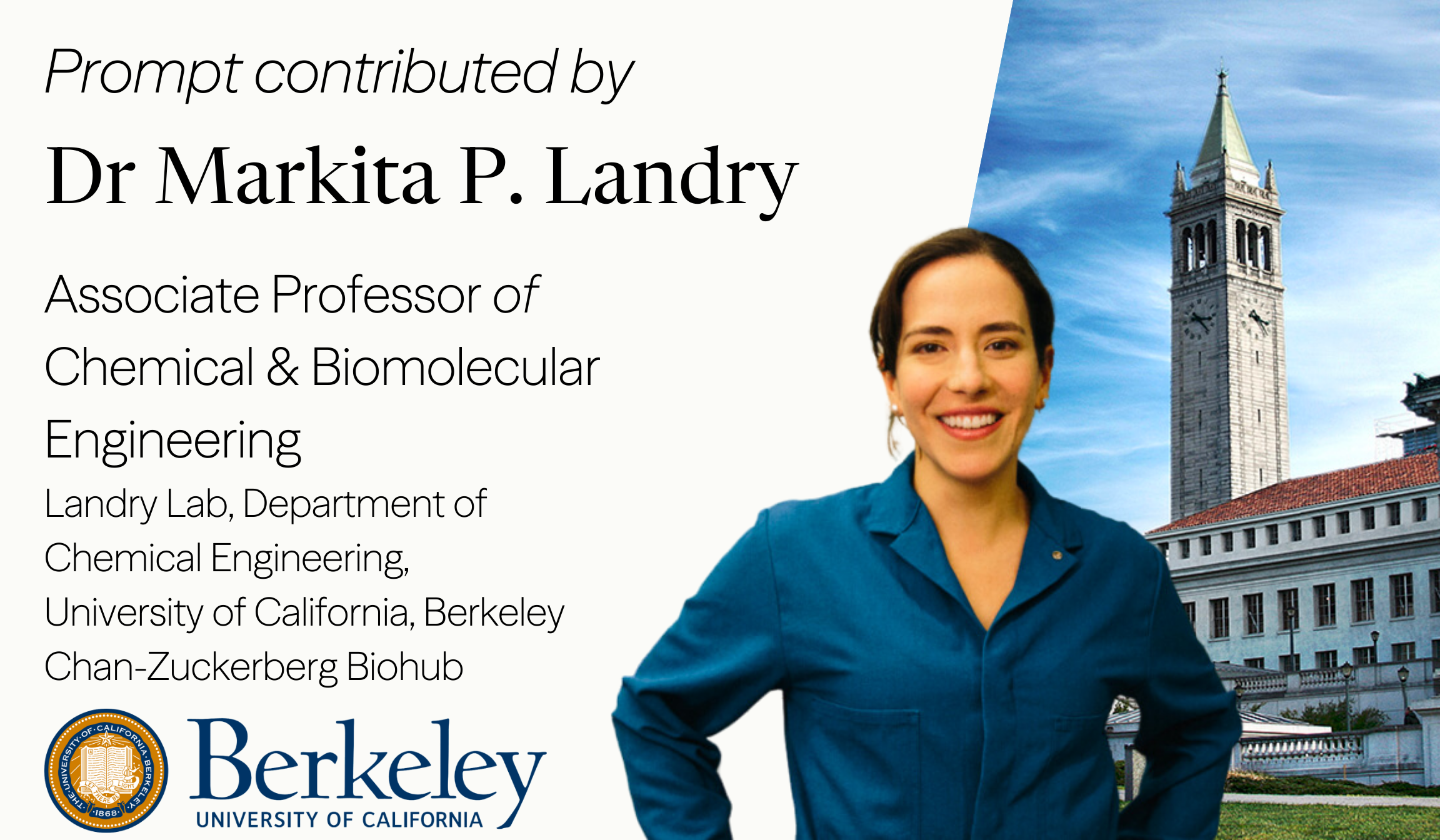
Economics and Globalization
Is globalization good for the world?
Professor Commentary:
What does it mean for globalization to be “good,” and good for whom? It is undeniable that globalization has contributed to economic growth, poverty reduction, and increased access to goods, services, and technologies, benefiting many countries. But to what extent has it benefitted everyone equally? Some argue that globalization has widened inequalities and eroded local cultures and economies, and the backlash against globalization has given rise to far-right parties and movements around the world. How should we weigh these competing claims? Should we focus on the global or local level when assessing the effects of globalization? Can globalization be reshaped to serve the needs of “left behind” communities, or is it inherently structured to benefit some and hurt others? Should we embrace the interconnectedness that globalization brings, or should we resist it in favor of more localized economic and cultural models? As you engage with these questions, think critically about the trade-offs involved and whether globalization can—or should—be guided by certain values. Also be attendant to the different components of globalization, including free trade and immigration.
Amartya Sen – Development as Freedom (1999)
Explores how globalization can promote freedom and development, while addressing concerns about inequality.
Joseph Stiglitz – Globalization and Its Discontents Revisited: Anti-Globalization in the Era of Trump (2017)
A critical examination of how globalization has been mismanaged, with insights on making it more equitable.
Thomas Piketty – Capital and Ideology (2020)
Investigates the relationship between globalization and rising inequality, offering policy solutions for a fairer system.
David Held and Anthony McGrew – Globalization/Anti-Globalization: Beyond the Great Divide (2007)
A balanced discussion on the pros and cons of globalization and whether its trajectory can be reshaped.
Saskia Sassen – Globalization and Its Discontents (1998)
Analyzes the impact of globalization on cities, labor markets, and power structures, emphasizing inequality.
Thomas Friedman – The World Is Flat: A Brief History of the Twenty-First Century (2005)
A compelling case for the benefits of globalization and interconnectedness, with examples from technology and trade.
Naomi Klein – This Changes Everything: Capitalism vs. The Climate (2014)
Critiques globalization’s environmental and social consequences, calling for systemic change.
Yuval Noah Harari – 21 Lessons for the 21st Century (2018)
Addresses globalization’s challenges, including inequality and cultural homogenization, from a humanistic perspective.
Podcast: The Indicator from Planet Money (various episodes)
Accessible discussions on trade, inequality, and how globalization affects everyday people.
Ha-Joon Chang – 23 Things They Don’t Tell You About Capitalism (2010)
Challenges conventional wisdom about free trade and globalization, advocating for alternative economic models
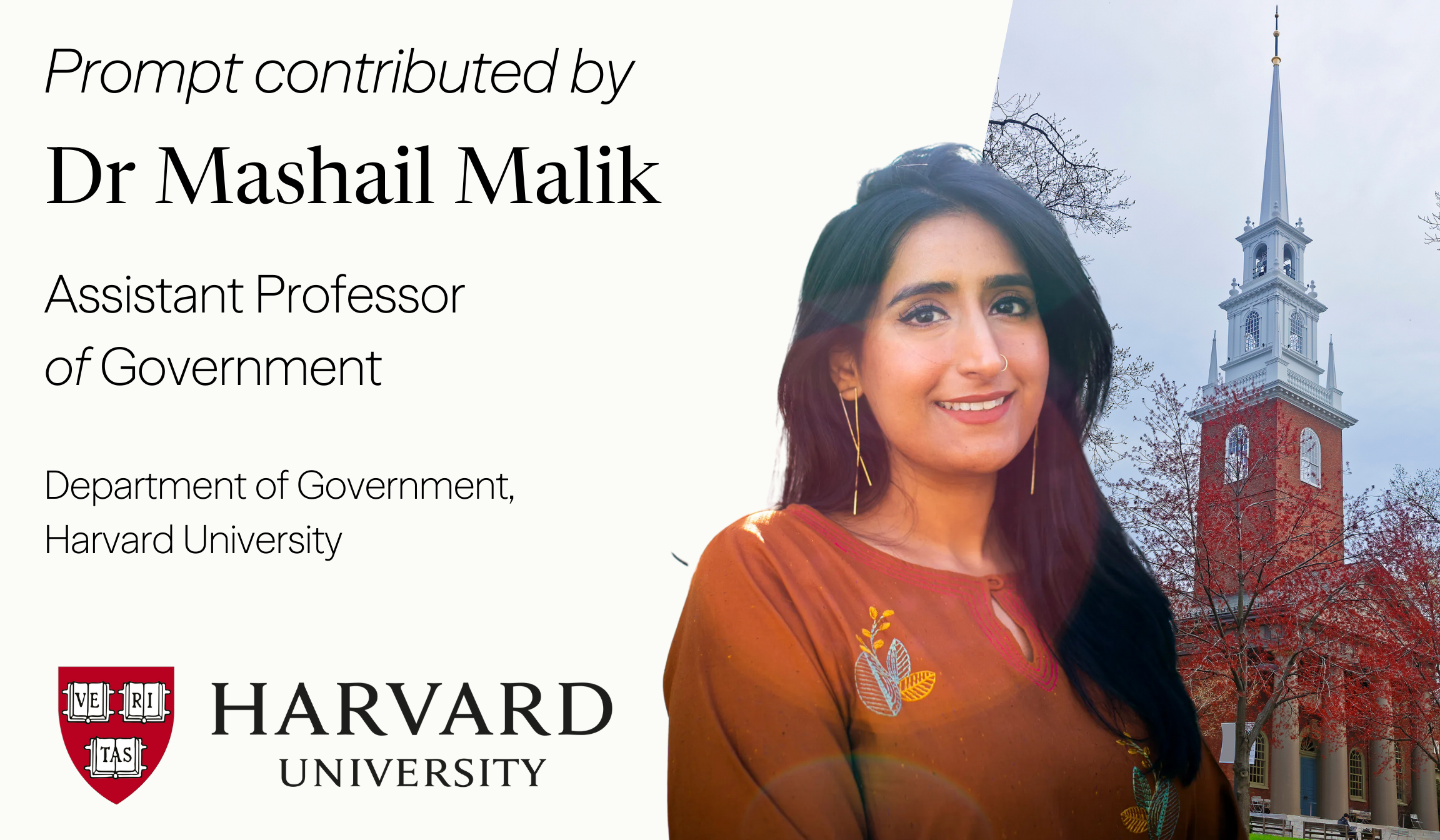
Public Health
Is it ethical to force individuals to be vaccinated for the greater good, or does this violate personal autonomy and bodily rights?
Professor Commentary:
Many employers and schools across the US demand that their students or employees get vaccinated if they wish to keep their jobs or education. But is this a legitimate demand?
The scenario of institutions or governments forcing needles into people’s arms raises antagonism and an urge to protect our bodies from any mandatory procedure and violation of bodily rights.
However, we must consider the consequences of antagonizing vaccination rules: Most people who avoid vaccination for ideological reasons are from affluent societies, with financial stability that will allow them to seek the best care for their families in case of a severe disease. However, the communities most likely to suffer from the consequences of lack of community immunization are underserved communities who are prone to suffer from infectious diseases and are most vulnerable due to lack of means to afford adequate clinical care.
Therefore, it seems that in the name of “bodily rights” people can harm others. Usually, harming others in our society is considered a crime. For some actions, it is pretty easy to draw a clear line between “personal autonomy” and a “crime”. For example, a stabbing case involving an attack with a sharp object that resulted in bodily harm or death will be considered by society and the justice system as a crime that should result in some kind of a punishment.
Why then avoiding vaccination, that can also cause bodily harm or death of others is so different? Is it because we don’t physically see the cause of harm or death (a virus is much smaller than a knife), or because the concept of community immunization is too abstract, and the people suffering from vaccine-targeted infectious diseases are too remote?
All these make the deduction of the consequences of reduced vaccination rates seem debatable to a growing number of people. Here we can discuss the societal and scientific aspects of the debate, and include discussions about consequences of receiving or avoiding the vaccine for individuals as well as communities.
Martha Nussbaum – Creating Capabilities: The Human Development Approach (2011)
Explores the ethical principles of individual rights versus public health, particularly in the context of justice and human development.
Michael Sandel – Justice: What’s the Right Thing to Do? (2009)
Examines moral dilemmas like forced vaccination through the lens of fairness, justice, and the common good.
Danielle E. Ompad and David H. S. Finkelstein – The Ethics of Public Health Interventions (2020)
Analyzes the ethical challenges of public health interventions, including mandatory vaccination, considering both individual freedoms and collective benefits.
Jason Brennan – When All Else Fails: The Ethics of Public Health (2020)
A thought-provoking look at the ethical principles of public health, especially when personal liberties conflict with the need for community-wide protection.
Ezekiel Emanuel – Healthcare, Guaranteed: A Simple, Secure Solution for America (2014)
Discusses healthcare policy, including the ethical dimensions of public health interventions like vaccination, with a focus on both individual rights and the common good.
Shannon Brownlee – Overtreated: Why Too Much Medicine Is Making Us Sicker and Poorer (2007)
Explores medical ethics and the implications of public health mandates, touching on the tension between individual rights and societal needs.
Atul Gawande – Being Mortal: Medicine and What Matters in the End (2014)
While focusing on end-of-life care, Gawande’s reflections on autonomy and medical decision-making offer relevant insights for understanding vaccination mandates.
Podcast: The Health Disparities Podcast (various episodes)
A series that touches on vaccine distribution, public health ethics, and the impact of vaccination policies on underserved communities.
Tara Smith – Going Viral: The Search for the Origin of COVID-19 (2022)
Offers a perspective on how public health ethics, particularly around vaccines, became more urgent during the COVID-19 pandemic.
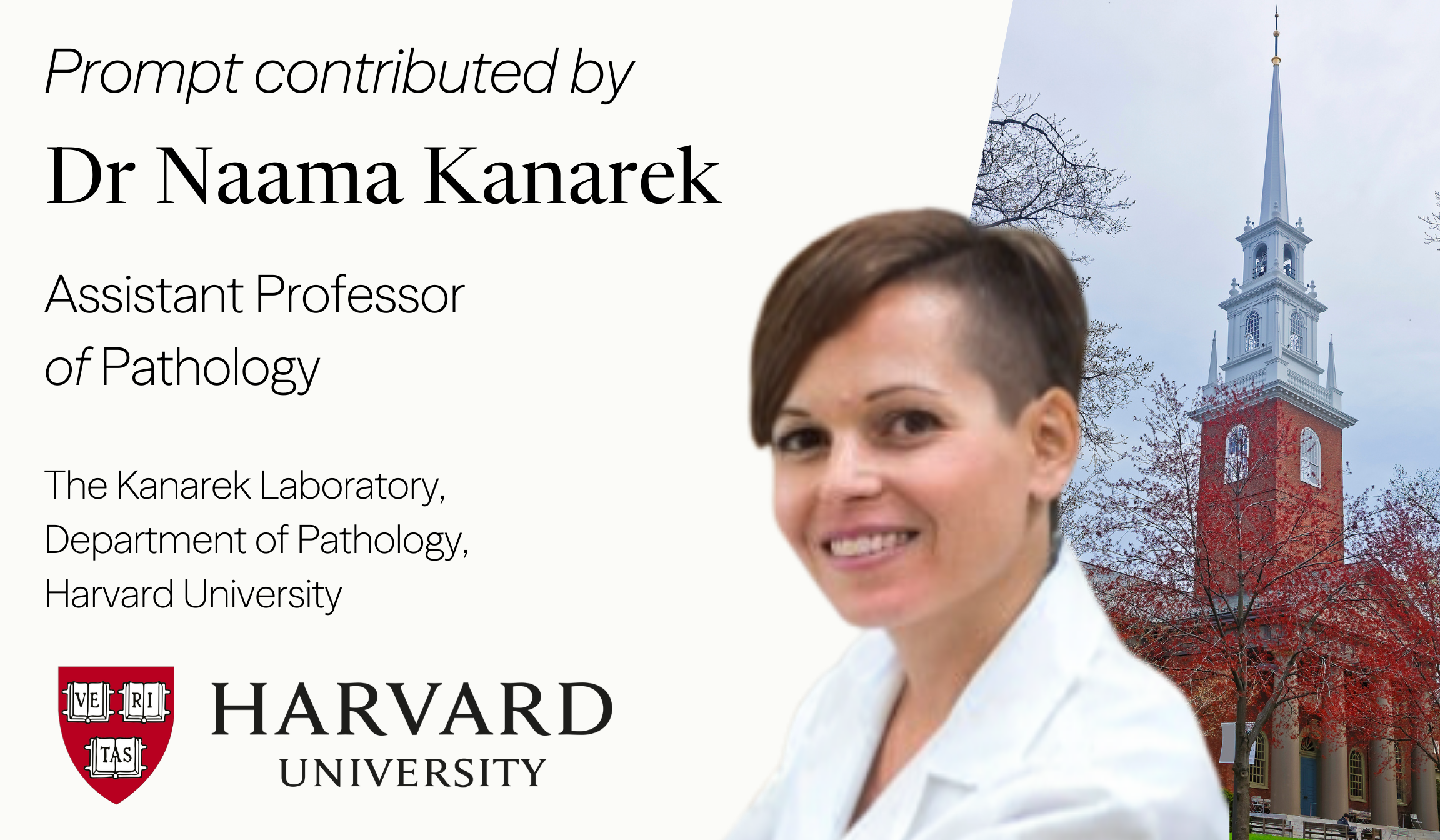
Laws and Society
Should all drugs be legalized, and would such a policy lead to a more just and healthier society?
Professor Commentary:
In an era where lives lost to fentanyl in the United States numbered over 70,000 deaths annually in 2021, 2022, and 2023, contamination of the drug supply is not an inconvenience to some tiny cadre of illicit addicts, it’s a tragedy of epidemic proportions and, according to some, a scenario of international chemical warfare. Advocates for legalization argue the only way to safely surveil, understand, and intervene as to what’s occurring in drug markets is to unleash the same anti-tamper/anti-contaminant commercial innovation and enthusiastic regulatory verve in intoxicant markets as was applied in the wake of the 1982 Tylenol sabotage case. Others advocate that using these powerful commercial and policy tools, which are only available in legal and regulated drug markets, to address recent purity scares in cocaine and other markets will normalize use of illicit substances and increase public health costs of intoxicant consumption, as was the case when tobacco use was seen as acceptable, leading to millions of nicotine addicts and hundreds of billions in healthcare costs. Further, some advocates cite that policing and carceral resources currently focused on the “war on drugs” could instead be redirected toward locating, apprehending, and imprisoning those responsible for sabotaging or poisoning substances that have killed United States residents. This is an important and timely topic and, while fentanyl deaths in some cities decreased slightly from 2021 to 2023, the legalization, regulation, and purity monitoring of drugs is now up for discussion in more conversations and contexts than ever before in recent memory.
Thomas S. Szasz – The Myth of Mental Illness (1961)
A critical examination of how society defines and controls behaviors, including drug use, questioning the ethical justification of criminalizing personal drug use.
Michaela A. H. Ubel – The Ethics of Drug Prohibition (2007)
Discusses the moral and social implications of drug prohibition and the potential benefits of legalization, focusing on individual rights and public health.
Mark A. R. Kleiman – Against Excess: Drug Policy for Results (1993)
A policy-focused look at drug regulation and harm reduction, evaluating the effects of legalization from an economic and social perspective.
Beau Kilmer, Jonathan P. Caulkins, and Peter Reuter – Cannabis Legalization: What Everyone Needs to Know (2016)
Examines the lessons learned from the legalization of cannabis and the potential consequences for the broader drug market, focusing on both health and justice.
Alex Stevens – Drugs, Crime, and Social Exclusion: Social Context and Social Theory in British Drug Policy (2009)
Explores the intersection of drug policy, criminal justice, and social exclusion, highlighting the social and economic consequences of prohibition and potential benefits of reform.
Johann Hari – Chasing the Scream: The First and Last Days of the War on Drugs (2015)
Investigates the roots and consequences of the War on Drugs, offering a compelling argument for legalization and harm reduction.
David Nutt – Drugs Without the Hot Air: Minimising the Harms of Legal and Illegal Drugs (2012)
A rational, evidence-based exploration of drug policies, making a case for drug regulation and highlighting the harm reduction potential of legalization.
Carl L. Hart – High Price: A Neuroscientist’s Journey of Self-Discovery That Challenges Everything You Know About Drugs and Society (2013)
A personal and scientific exploration that challenges stereotypes about drug use and calls for a rethinking of drug prohibition.
Podcast: The Drug Policy Alliance Podcast (various episodes)
A podcast series focusing on drug policy reform, the effects of criminalization, and arguments in favor of legalization and decriminalization.
Dan Baum – Smoke and Mirrors: The War on Drugs and the Politics of Failure (1996)
A journalistic investigation into the failures of drug prohibition and the political forces that have shaped contemporary drug policies in the United States.
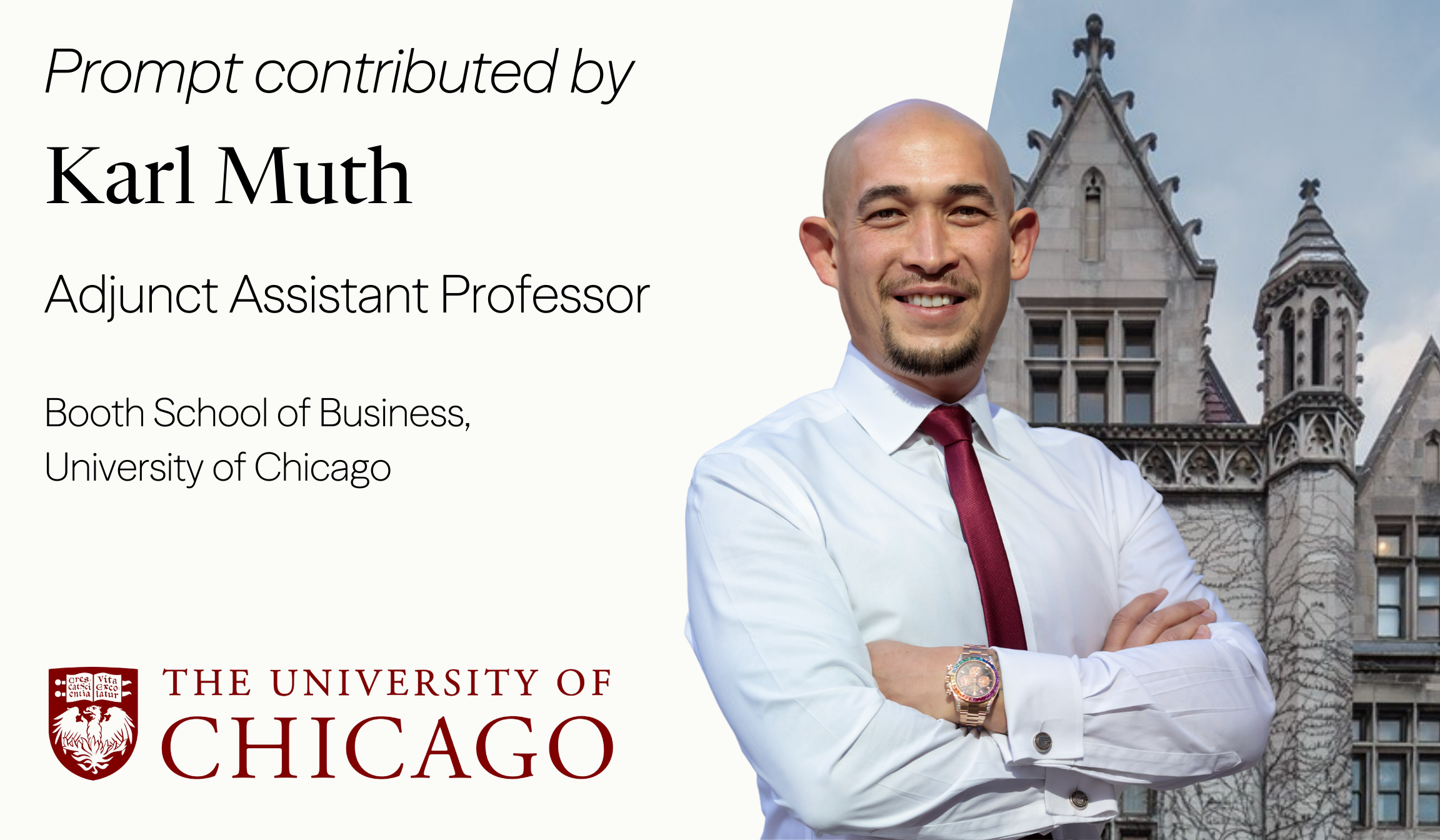
2025
Essay Guidelines & Judging Criteria
General Guidelines
No Entry Fee
There are no fees required to enter this essay competition. It is open to all eligible participants without any cost.
Academic Integrity
This essay competition upholds the highest level of academic integrity. Participants are expected to adhere strictly to these standards.
Original Work
Each essay must be the original work of the participant. The use of AI tools for assistance in writing is strictly prohibited. Essays must reflect the participant’s own ideas, analysis, and expression.
Plagiarism
Plagiarism is not tolerated in any form. Any essay found to involve plagiarism will be immediately disqualified from the competition. Participants must ensure that all sources are appropriately cited and that the essay is composed of their unique thoughts and words.
Sole authorship required
The essay you submit must be entirely your own work. Collaboration with others or co-authorship is not permitted. You are allowed to seek advice and discuss topics with others, but no one else should be involved in the actual writing of the essay. It must be your own work.
One Essay Submission & Single Question Focus
Participants are allowed to submit only one essay. Furthermore, each essay must address only one of the provided essay prompts.
Referee Contact
Participants are required to submit the email of an adult academic reference (such as your school teacher or counsellor). In the event that further academic verification is needed, we will reach out to the referee for more information. The referee will also receive the outcome of the competition.
Eligibility
- Students from around the world are welcome to participate.
- The Re: think essay competition is open to students aged 14 to 18 years who have not yet commenced undergraduate studies.
Format Guidelines
Please ensure that your essay does not exceed 2000 words; this word count excludes footnotes and bibliography.
Please use a consistent font format and set the line spacing to 1.5 space.
All submissions will be routed through plagiarism and an AI checker. As such, we expect all submissions to be properly cited. The format of citation for this competition is MLA 8, the 8th edition of the Modern Language Association style. To find out more about MLA 8, please refer to this guide here.
The essay must be submitted in PDF format. In the PDF document, please remove your name, affiliation, or any personal information to ensure a blind review. You will be asked to provide personal information in the submission system.
Judging Criteria
All submissions will be reviewed by a judging panel with scholars drawn from prestigious institutions, including Harvard, Cambridge, Oxford, and MIT.
Double-Blind Review
Double-blind essay review is a process used in academic or scholarly publishing where both the reviewers and the authors are anonymous to each other. In this system, the identities of the authors are kept confidential from the reviewers, and vice versa. This approach aims to minimise biases that could arise from knowledge of the author’s identity, academic affiliation, or reputation.
Original and interesting ideas
The competition aims to motivate students to deeply reassess and contemplate the interconnections of science, society, and the global environment. Original thoughts and perspectives are greatly encouraged.
Quality of Argument and Writing
Clear writing and well-supported arguments are crucial. This means that essays should be well-structured, with each claim or argument supported by evidence or logical reasoning. Additionally, the judges will consider the style of writing, which includes language use, idea flow, and overall engagement with the topics.
Plagiarism and AI Assistance
The competition has a strict policy against plagiarism and the use of AI writing assistance. Essays found to have such content will be disqualified. This means students must ensure their work is entirely their own.
The Official Re:Think Writing Workshop
The Re:Think Writing Workshop is a monthly online Zoom session designed to support prospective essay writers as they get started on their essays.
Led by experienced PhD writing mentors from Stanford University and University of Cambridge.
These sessions offer participants valuable guidance on both the structure and substance of their essays. Writers have the opportunity to engage in interactive discussions, receive personalised advice, and explore various approaches to enhance the form, style, and content of their work.
The Workshop is open for free for all registered participants. Applicants could find a link to sign up for one of the workshops on the Essay Competition Submission Portal.
The Think Tank
Official Essay Guide
To help participants gain insights and take a better approach to the essay prompts designed by the professors, CCIR has created an Official Essay Guide for this year’s competition.
In the guide, participants will find guidelines on how to write an essay for the competition. This guideline aims to help participants become better thinkers – engaging with the essay prompt at a deeper level – and to improve their writing skills.
The Official Essay Guide is available for all registered participants on the Submission Portal.
Awards
Gold – 10 Global Recipients
150 USD Cash Award, 500 USD CCIR Academy scholarship, digital award certificate, invitation for a feature interview on CCIR podcast and website, invitation to the Award Ceremony and Dinner at the University of Cambridge (free of charge).
Silver – 10 Global Recipients
100 USD Cash Award, 300 USD CCIR Academy scholarship, digital award certificate, invitation for a feature interview on CCIR podcast and website, invitation to the Award Ceremony and Dinner at the University of Cambridge (free of charge).
Bronze – 10 Global Recipients
50 USD Cash Award, 200 USD CCIR Academy scholarship, digital award certificate, invitation for a feature interview on CCIR podcast and website, invitation to the Award Ceremony and Dinner at the University of Cambridge (free of charge).
In addition, we will offer three special prizes, which we have named after Aristotle’s classical distinctions between the three essential modes of persuasion from his Rhetoric:
The Logos Prize for Best Argument: For Aristotle, logos is a matter of rational or logical appeal, the adeptness at using reasoning in a work. This prize will be awarded to the essay which is deemed by the judges to be the most rationally, logically, and philosophically compelling.
The Pathos Prize for Best Writing: Pathos is understood as the capacity for a work to appeal to emotions, spark sympathy, empathy, or passion. This prize will be awarded to the essay which is deemed by the judged to be the most emotionally, aesthetically, and artistically compelling.
The Ethos Prize for Best Research: Ethos is a matter of convincing the audience of the presenter’s credibility on a subject. This prize will be awarded to the essay which is deemed by the judged to be the most thoroughly researched and well-grounded in the existing academic literature.
Each special prize will be awarded to 1 recipient globally. The winner will receive 150 USD Cash Prize, 500 USD CCIR Academy scholarship, digital award certificate, an invitation for a feature interview on CCIR podcast and website, and an invitation to the Award Ceremony and Dinner at the University of Cambridge (free of charge).
Honourable Mention – Around 10% of the total participants that are shortlisted but do not receive the aforementioned awards will receive a digital certificate recognizing their Honourable Mention, and invitations to the Award Ceremony and Dinner at the University of Cambridge.
All participants successfully submitted their essays will receive a digital certificate of participation issued by CCIR.
Award Ceremony and Dinner at the University of Cambridge
Award winners will be invited to attend the Award Ceremony and Dinner hosted at the King’s College, University of Cambridge on 30th July, 2025
The Dinner is free of charge for the recipients of Gold, Silver, Bronze, Logos, Pathos, and Ethos prizes.
Honourable Mention recipients are also invited to the dinner for a 95 GBP per person ticket.
Tickets for additional attendees accompanying recipients are also available at 95 GBP per person in limited quantity.
The Dinner is by invitation and only open for CCIR Cambridge Re:think Essay Competition award recipients and CCIR Research Symposium presenters, and their companies. The Dinner is not open for the general public.

The Hall at King’s College, Cambridge
The Hall was designed by William Wilkins in the 1820s and is considered one of the most magnificent halls of its era. The first High Table dinner in the Hall was held in February 1828, and ever since then, the splendid Hall has been where members of the college eat and where formal dinners have been held for centuries.
The Award Ceremony and Dinner will be held in the Hall in the evening of 30th July, 2025.

Back Lawn
Stretching out down to the River Cam, the Back Lawn has one of the most iconic backdrop of King’s College Chapel.
The early evening reception will be hosted on the Back Lawn with the iconic Chapel in the background (weather permitting).

King’s College Chapel
With construction started in 1446 by Henry VI and took over a century to build, King’s College Chapel is one of the most iconic buildings in the world, and is a splendid example of late Gothic architecture.
Attendees are also granted complimentary access to the King’s College Chapel before and during the event.
Nobel Laureates Attended
We are beyond excited to announce that ten Nobel laureates have attended and spoke at previous years' research symposium. They have each delivered a keynote speech to the attendees and shared their insights with students during the live sessions.
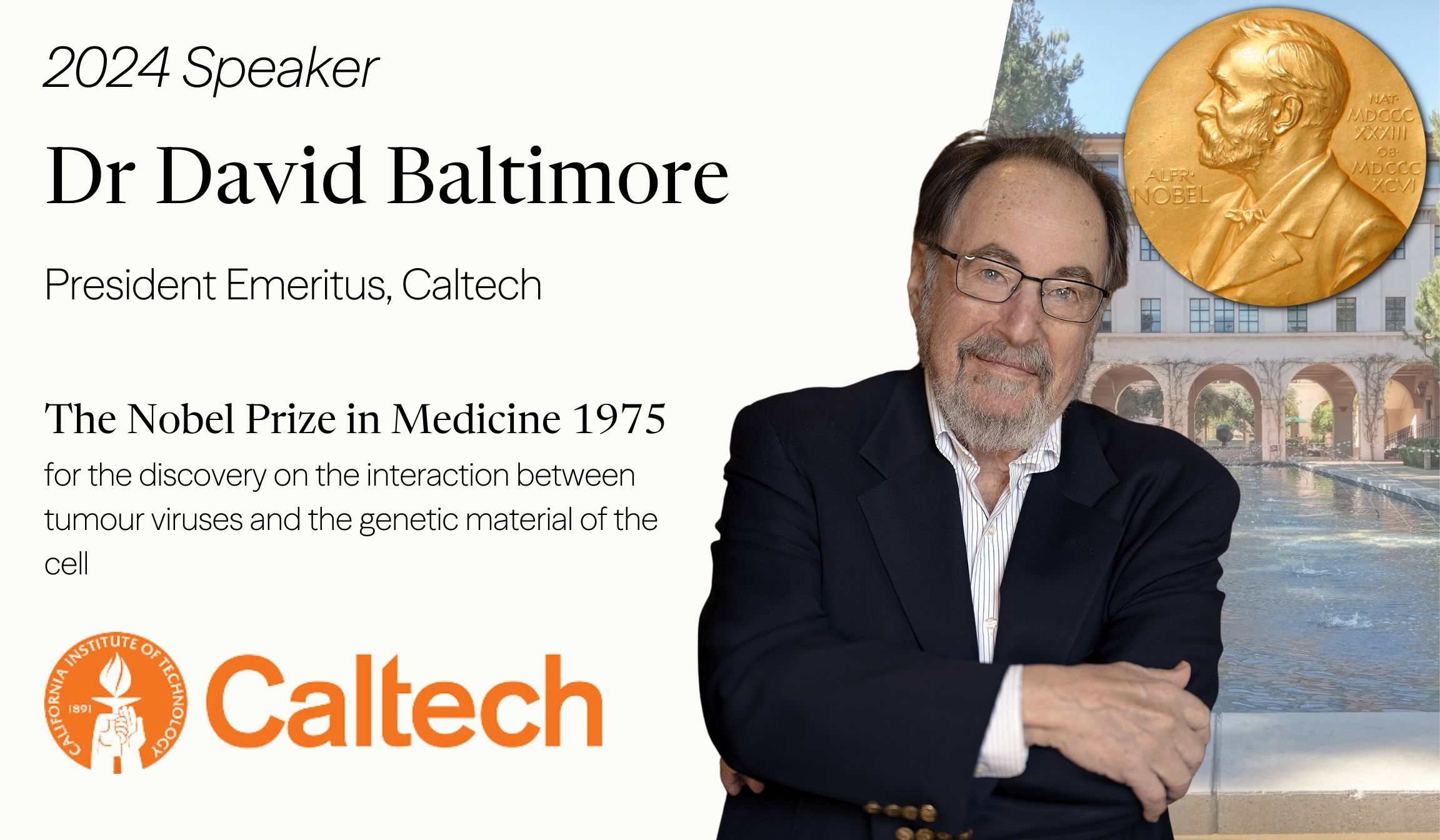
Dr David Baltimore
The Nobel Prize in Medicine 1975 for the discovery on the interaction between tumour viruses and the genetic material
of the cell
Dr David Baltimore is an American biologist, university administrator, and 1975 Nobel laureate in Physiology or Medicine. He is a professor of biology at the California Institute of Technology (Caltech), where he served as president from 1997 to 2006. He founded the Whitehead Institute and directed it from 1982 to 1990. In 2008, he served as president of the American Association for the Advancement of Science in 2008.
At age 37, Baltimore won the Nobel Prize with Renato Dulbecco and Howard M. Temin “for their discoveries concerning the interaction between tumour viruses and the genetic material of the cell”, specifically the discovery of the enzyme reverse transcriptase. He has contributed to immunology, virology, cancer research, biotechnology, and recombinant DNA research. He has also trained many doctoral students and postdoctoral fellows, several of whom have gone on to notable and distinguished research careers. In addition to the Nobel Prize, he has received a number of awards, including the U.S. National Medal of Science in 1999 and the Lasker Award in 2021.

Dr Thomas R. Cech
The Nobel Prize in Chemistry 1989 for the discovery of catalytic properties of RNA
Thomas Robert Cech is an American chemist who shared the 1989 Nobel Prize in Chemistry with Sidney Altman, for their discovery of the catalytic properties of RNA. Cech discovered that RNA could itself cut strands of RNA, suggesting that life might have started as RNA. He found that RNA can not only transmit instructions, but also that it can speed up the necessary reactions.
He also studied telomeres, and his lab discovered an enzyme, TERT (telomerase reverse transcriptase), which is part of the process of restoring telomeres after they are shortened during cell division.
As president of Howard Hughes Medical Institute, he promoted science education, and he teaches an undergraduate chemistry course at the University of Colorado
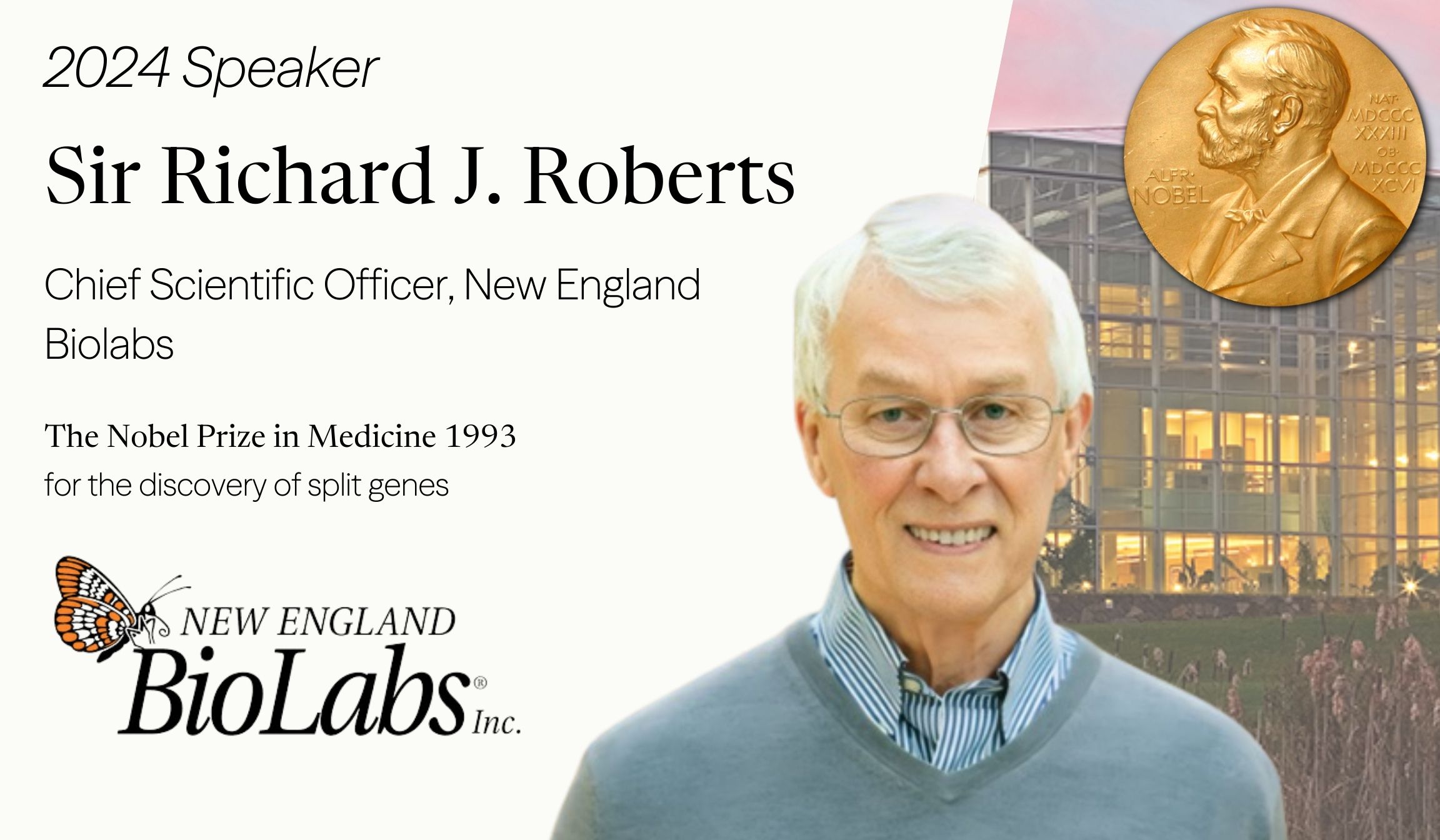
Sir Richard J. Roberts
The Nobel Prize in Medicine 1993 for the discovery of split genes
During 1969–1972, Sir Richard J. Roberts did postdoctoral research at Harvard University before moving to Cold Spring Harbor Laboratory, where he was hired by James Dewey Watson, a co-discoverer of the structure of DNA and a fellow Nobel laureate. In this period he also visited the MRC Laboratory of Molecular Biology for the first time, working alongside Fred Sanger. In 1977, he published his discovery of RNA splicing. In 1992, he moved to New England Biolabs. The following year, he shared a Nobel Prize with his former colleague at Cold Spring Harbor Phillip Allen Sharp.
His discovery of the alternative splicing of genes, in particular, has had a profound impact on the study and applications of molecular biology. The realisation that individual genes could exist as separate, disconnected segments within longer strands of DNA first arose in his 1977 study of adenovirus, one of the viruses responsible for causing the common cold. Robert’s research in this field resulted in a fundamental shift in our understanding of genetics, and has led to the discovery of split genes in higher organisms, including human beings.
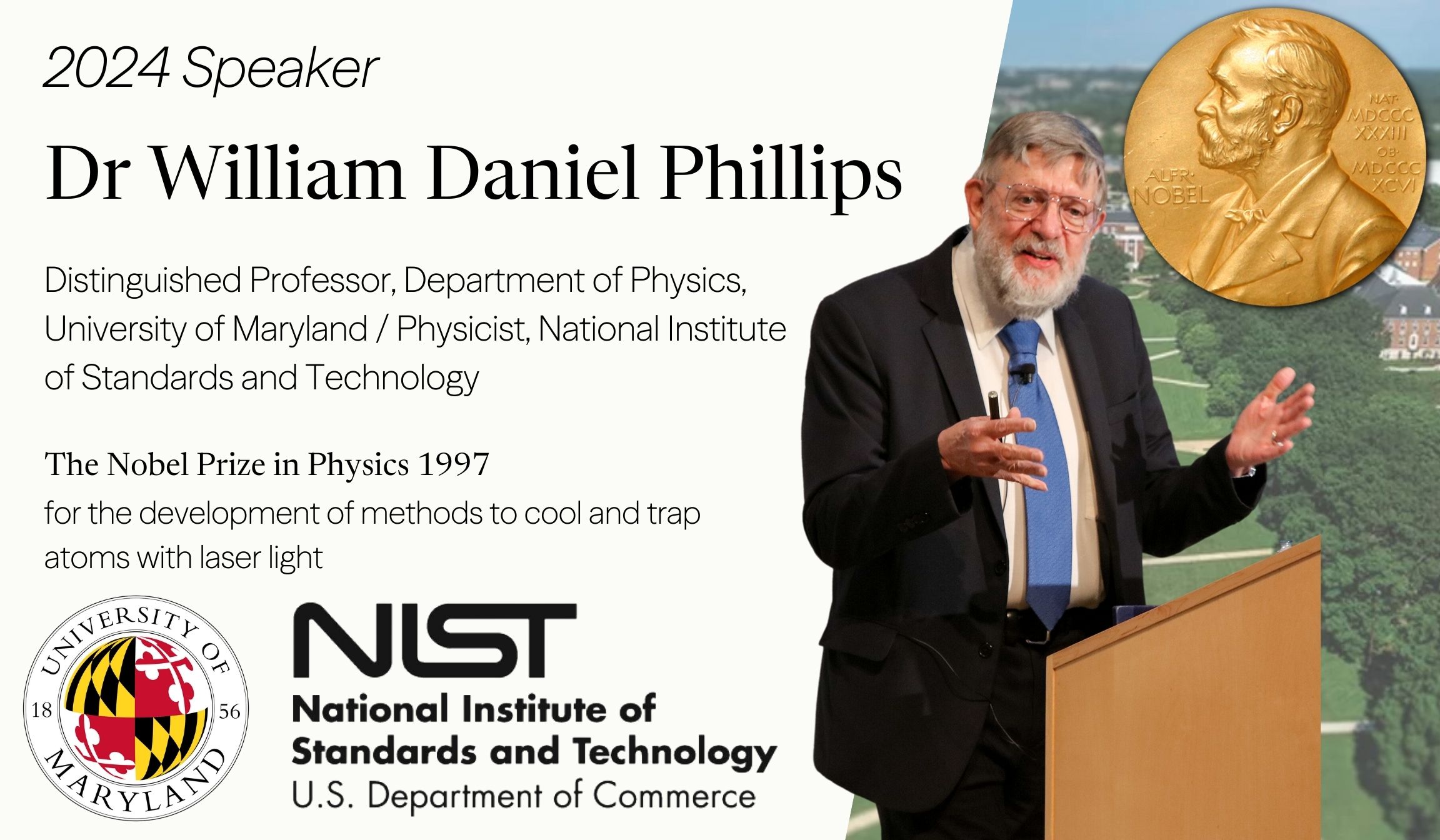
Dr William Daniel Phillips
The Nobel Prize in Chemistry 2004 for the discovery of ubiquitin-mediated protein degradation
In 1996, Dr William Daniel Phillips received the Albert A. Michelson Medal from The Franklin Institute. His doctoral thesis concerned the magnetic moment of the proton in H2O. He later did some work with Bose–Einstein condensates. In 1997 he won the Nobel Prize in Physics together with Claude Cohen-Tannoudji and Steven Chu for his contributions to laser cooling, a technique to slow the movement of gaseous atoms in order to better study them, at the National Institute of Standards and Technology, and especially for his invention of the Zeeman slower.
Dr Phillips is one of the 20 American recipients of the Nobel Prize in Physics to sign a letter addressed to President George W. Bush in May 2008, urging him to “reverse the damage done to basic science research in the Fiscal Year 2008 Omnibus Appropriations Bill” by requesting additional emergency funding for the Department of Energy’s Office of Science, the National Science Foundation, and the National Institute of Standards and Technology.
He was one of the 35 Nobel laureates who signed a letter urging President Obama to provide a stable $15 billion per year support for clean energy research, technology and demonstration.
He is also one of three well-known scientists and Methodist laity who have involved themselves in the religion and science dialogue. The other two scientists and fellow Methodists are chemist Charles Coulson and 1981 Nobel laureate Arthur Leonard Schawlow.
His discovery of the alternative splicing of genes, in particular, has had a profound impact on the study and applications of molecular biology. The realisation that individual genes could exist as separate, disconnected segments within longer strands of DNA first arose in his 1977 study of adenovirus, one of the viruses responsible for causing the common cold. Robert’s research in this field resulted in a fundamental shift in our understanding of genetics, and has led to the discovery of split genes in higher organisms, including human beings.
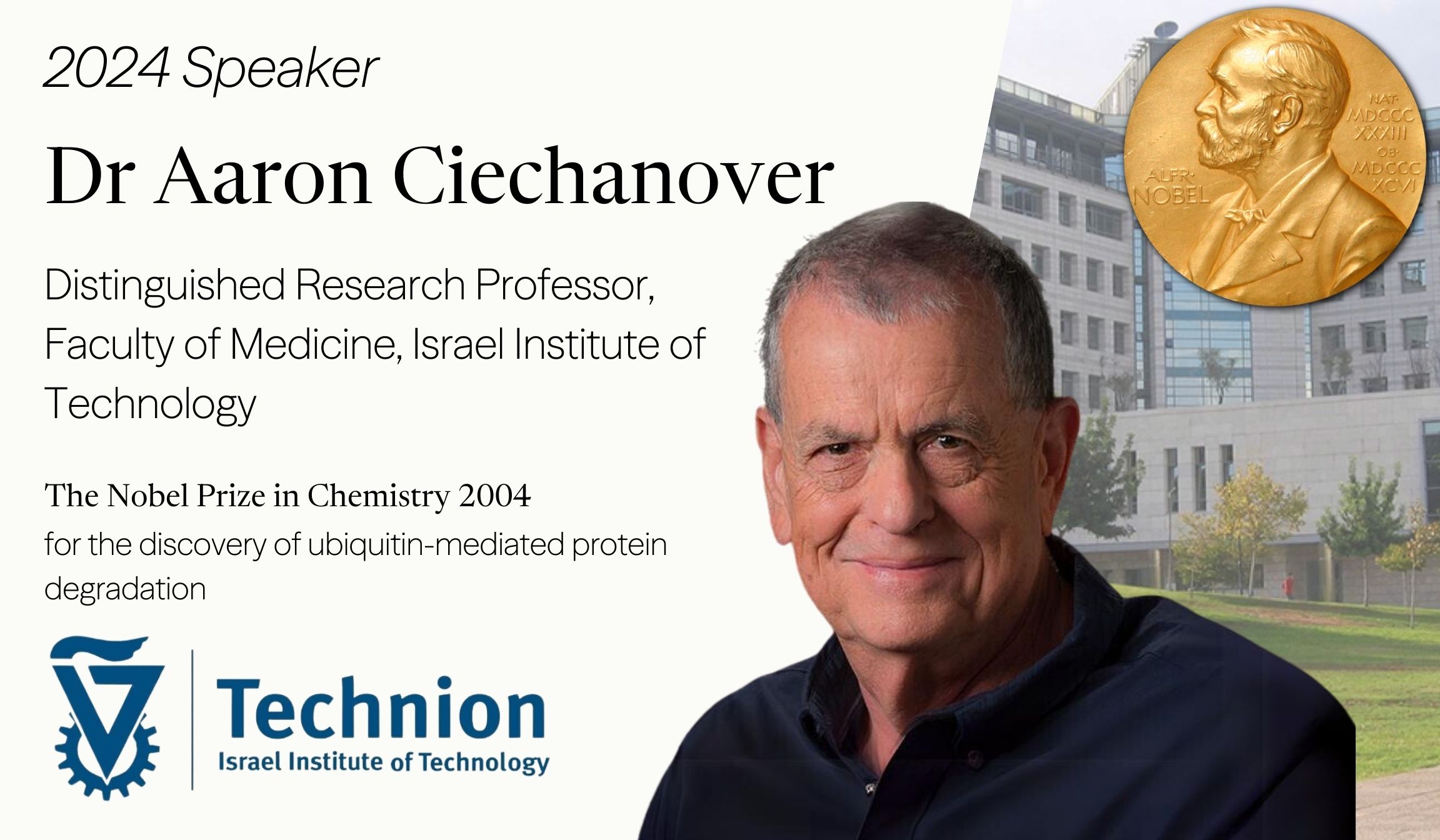
Dr Aaron Ciechanover
The Nobel Prize in Chemistry 2004 for the discovery of ubiquitin-mediated protein degradation
In 1996, Dr William Daniel Phillips received the Albert A. Michelson Medal from The Franklin Institute. His doctoral thesis concerned the magnetic moment of the proton in H2O. He later did some work with Bose–Einstein condensates. In 1997 he won the Nobel Prize in Physics together with Claude Cohen-Tannoudji and Steven Chu for his contributions to laser cooling, a technique to slow the movement of gaseous atoms in order to better study them, at the National Institute of Standards and Technology, and especially for his invention of the Zeeman slower.
Dr Phillips is one of the 20 American recipients of the Nobel Prize in Physics to sign a letter addressed to President George W. Bush in May 2008, urging him to “reverse the damage done to basic science research in the Fiscal Year 2008 Omnibus Appropriations Bill” by requesting additional emergency funding for the Department of Energy’s Office of Science, the National Science Foundation, and the National Institute of Standards and Technology.
He was one of the 35 Nobel laureates who signed a letter urging President Obama to provide a stable $15 billion per year support for clean energy research, technology and demonstration.
He is also one of three well-known scientists and Methodist laity who have involved themselves in the religion and science dialogue. The other two scientists and fellow Methodists are chemist Charles Coulson and 1981 Nobel laureate Arthur Leonard Schawlow.
His discovery of the alternative splicing of genes, in particular, has had a profound impact on the study and applications of molecular biology. The realisation that individual genes could exist as separate, disconnected segments within longer strands of DNA first arose in his 1977 study of adenovirus, one of the viruses responsible for causing the common cold. Robert’s research in this field resulted in a fundamental shift in our understanding of genetics, and has led to the discovery of split genes in higher organisms, including human beings.
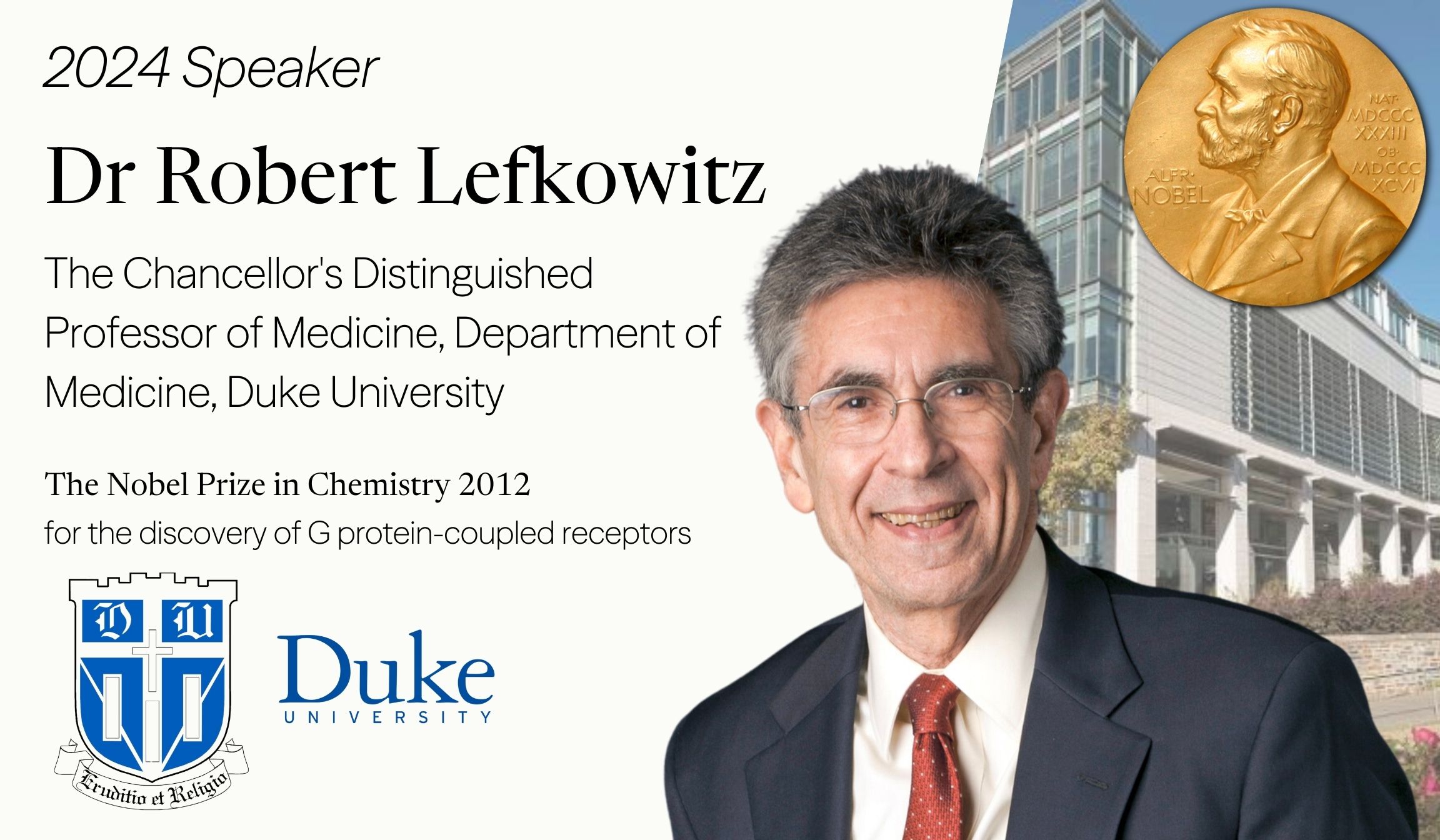
Dr Robert Lefkowitz
The Nobel Prize in Chemistry 2012 for the discovery of G protein-coupled receptors
Robert Joseph Lefkowitz is an American physician (internist and cardiologist) and biochemist. He is best known for his discoveries that reveal the inner workings of an important family G protein-coupled receptors, for which he was awarded the 2012 Nobel Prize for Chemistry with Brian Kobilka. He is currently an Investigator with the Howard Hughes Medical Institute as well as a James B. Duke Professor of Medicine and Professor of Biochemistry and Chemistry at Duke University.
Dr Lefkowitz made a remarkable contribution in the mid-1980s when he and his colleagues cloned the gene first for the β-adrenergic receptor, and then rapidly thereafter, for a total of 8 adrenergic receptors (receptors for adrenaline and noradrenaline). This led to the seminal discovery that all GPCRs (which include the β-adrenergic receptor) have a very similar molecular structure. The structure is defined by an amino acid sequence which weaves its way back and forth across the plasma membrane seven times. Today we know that about 1,000 receptors in the human body belong to this same family. The importance of this is that all of these receptors use the same basic mechanisms so that pharmaceutical researchers now understand how to effectively target the largest receptor family in the human body. Today, as many as 30 to 50 percent of all prescription drugs are designed to “fit” like keys into the similarly structured locks of Dr Lefkowitz’ receptors—everything from anti-histamines to ulcer drugs to beta blockers that help relieve hypertension, angina and coronary disease.
Dr Lefkowitz is among the most highly cited researchers in the fields of biology, biochemistry, pharmacology, toxicology, and clinical medicine according to Thomson-ISI.
Dr Phillips is one of the 20 American recipients of the Nobel Prize in Physics to sign a letter addressed to President George W. Bush in May 2008, urging him to “reverse the damage done to basic science research in the Fiscal Year 2008 Omnibus Appropriations Bill” by requesting additional emergency funding for the Department of Energy’s Office of Science, the National Science Foundation, and the National Institute of Standards and Technology.
He was one of the 35 Nobel laureates who signed a letter urging President Obama to provide a stable $15 billion per year support for clean energy research, technology and demonstration.
He is also one of three well-known scientists and Methodist laity who have involved themselves in the religion and science dialogue. The other two scientists and fellow Methodists are chemist Charles Coulson and 1981 Nobel laureate Arthur Leonard Schawlow.
His discovery of the alternative splicing of genes, in particular, has had a profound impact on the study and applications of molecular biology. The realisation that individual genes could exist as separate, disconnected segments within longer strands of DNA first arose in his 1977 study of adenovirus, one of the viruses responsible for causing the common cold. Robert’s research in this field resulted in a fundamental shift in our understanding of genetics, and has led to the discovery of split genes in higher organisms, including human beings.
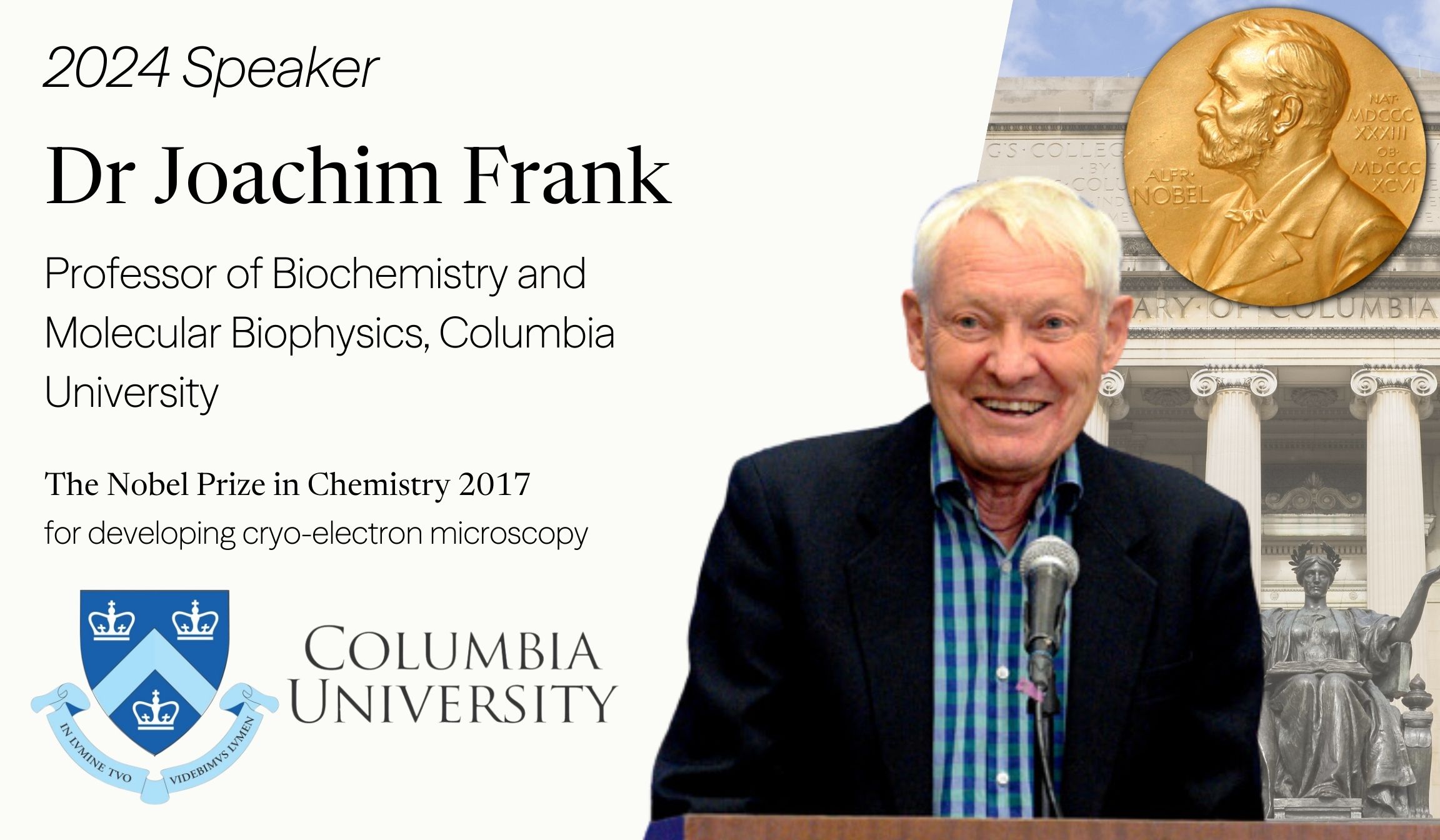
Dr Joachim Frank
The Nobel Prize in Chemistry 2017 for developing cryo-electron microscopy
Joachim Frank is a German-American biophysicist at Columbia University and a Nobel laureate. He is regarded as the founder of single-particle cryo-electron microscopy (cryo-EM), for which he shared the Nobel Prize in Chemistry in 2017 with Jacques Dubochet and Richard Henderson. He also made significant contributions to structure and function of the ribosome from bacteria and eukaryotes.
In 1975, Dr Frank was offered a position of senior research scientist in the Division of Laboratories and Research (now Wadsworth Center), New York State Department of Health,where he started working on single-particle approaches in electron microscopy. In 1985 he was appointed associate and then (1986) full professor at the newly formed Department of Biomedical Sciences of the University at Albany, State University of New York. In 1987 and 1994, he went on sabbaticals in Europe, one to work with Richard Henderson, Laboratory of Molecular Biology Medical Research Council in Cambridge and the other as a Humboldt Research Award winner with Kenneth C. Holmes, Max Planck Institute for Medical Research in Heidelberg. In 1998, Dr Frank was appointed investigator of the Howard Hughes Medical Institute (HHMI). Since 2003 he was also lecturer at Columbia University, and he joined Columbia University in 2008 as professor of Biochemistry and Molecular Biophysics and of biological sciences.
Dr Lefkowitz made a remarkable contribution in the mid-1980s when he and his colleagues cloned the gene first for the β-adrenergic receptor, and then rapidly thereafter, for a total of 8 adrenergic receptors (receptors for adrenaline and noradrenaline). This led to the seminal discovery that all GPCRs (which include the β-adrenergic receptor) have a very similar molecular structure. The structure is defined by an amino acid sequence which weaves its way back and forth across the plasma membrane seven times. Today we know that about 1,000 receptors in the human body belong to this same family. The importance of this is that all of these receptors use the same basic mechanisms so that pharmaceutical researchers now understand how to effectively target the largest receptor family in the human body. Today, as many as 30 to 50 percent of all prescription drugs are designed to “fit” like keys into the similarly structured locks of Dr Lefkowitz’ receptors—everything from anti-histamines to ulcer drugs to beta blockers that help relieve hypertension, angina and coronary disease.
Dr Lefkowitz is among the most highly cited researchers in the fields of biology, biochemistry, pharmacology, toxicology, and clinical medicine according to Thomson-ISI.
Dr Phillips is one of the 20 American recipients of the Nobel Prize in Physics to sign a letter addressed to President George W. Bush in May 2008, urging him to “reverse the damage done to basic science research in the Fiscal Year 2008 Omnibus Appropriations Bill” by requesting additional emergency funding for the Department of Energy’s Office of Science, the National Science Foundation, and the National Institute of Standards and Technology.
He was one of the 35 Nobel laureates who signed a letter urging President Obama to provide a stable $15 billion per year support for clean energy research, technology and demonstration.
He is also one of three well-known scientists and Methodist laity who have involved themselves in the religion and science dialogue. The other two scientists and fellow Methodists are chemist Charles Coulson and 1981 Nobel laureate Arthur Leonard Schawlow.
His discovery of the alternative splicing of genes, in particular, has had a profound impact on the study and applications of molecular biology. The realisation that individual genes could exist as separate, disconnected segments within longer strands of DNA first arose in his 1977 study of adenovirus, one of the viruses responsible for causing the common cold. Robert’s research in this field resulted in a fundamental shift in our understanding of genetics, and has led to the discovery of split genes in higher organisms, including human beings.
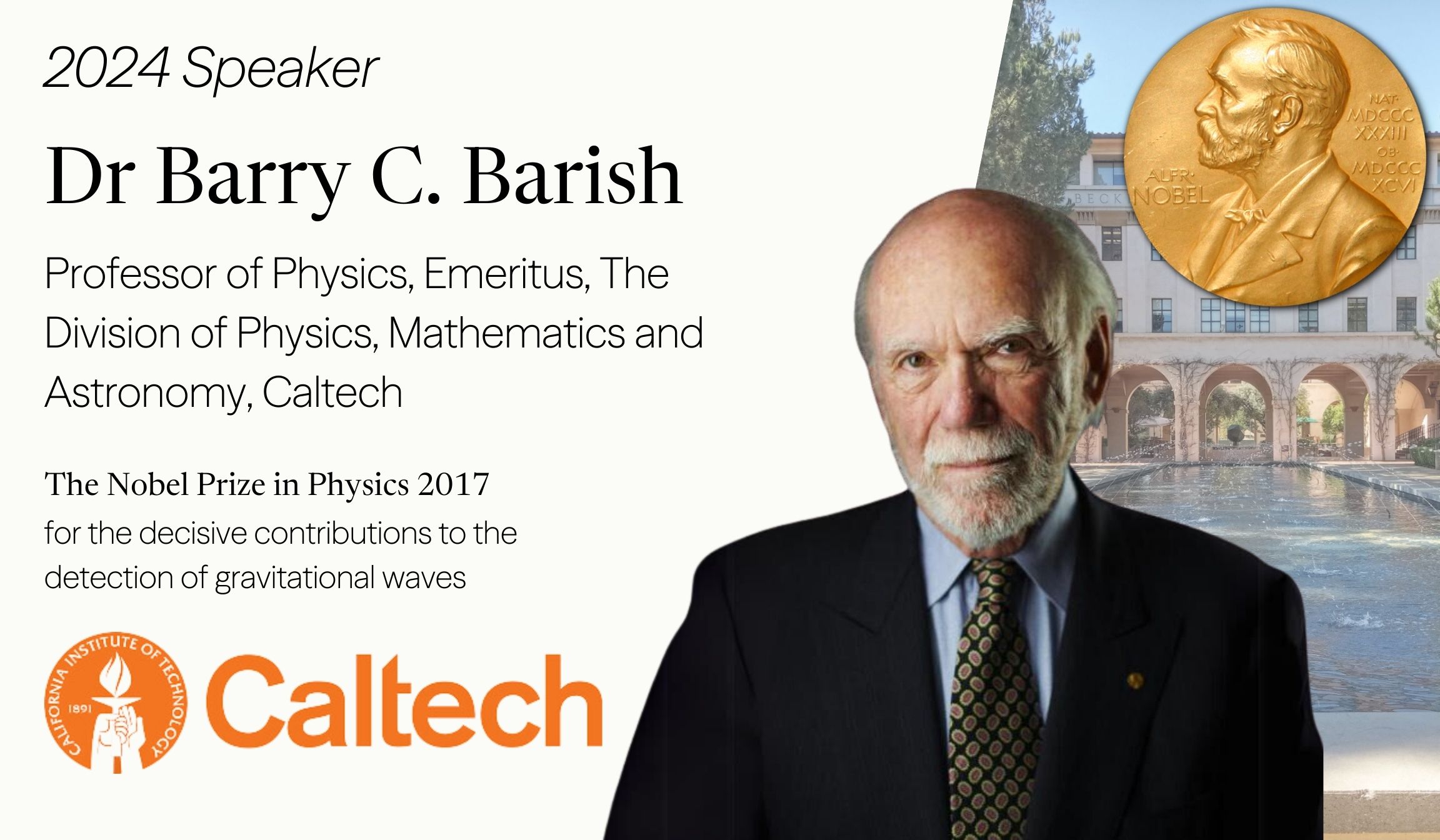
Dr Barry C. Barish
The Nobel Prize in Physics 2017 for the decisive contributions to the detection of gravitational waves
Dr Barry Clark Barish is an American experimental physicist and Nobel Laureate. He is a Linde Professor of Physics, emeritus at California Institute of Technology and a leading expert on gravitational waves.
In 2017, Barish was awarded the Nobel Prize in Physics along with Rainer Weiss and Kip Thorne “for decisive contributions to the LIGO detector and the observation of gravitational waves”. He said, “I didn’t know if I would succeed. I was afraid I would fail, but because I tried, I had a breakthrough.”
In 2018, he joined the faculty at University of California, Riverside, becoming the university’s second Nobel Prize winner on the faculty.
In the fall of 2023, he joined Stony Brook University as the inaugural President’s Distinguished Endowed Chair in Physics.
In 2023, Dr Barish was awarded the National Medal of Science by President Biden in a White House ceremony.
In 1975, Dr Frank was offered a position of senior research scientist in the Division of Laboratories and Research (now Wadsworth Center), New York State Department of Health,where he started working on single-particle approaches in electron microscopy. In 1985 he was appointed associate and then (1986) full professor at the newly formed Department of Biomedical Sciences of the University at Albany, State University of New York. In 1987 and 1994, he went on sabbaticals in Europe, one to work with Richard Henderson, Laboratory of Molecular Biology Medical Research Council in Cambridge and the other as a Humboldt Research Award winner with Kenneth C. Holmes, Max Planck Institute for Medical Research in Heidelberg. In 1998, Dr Frank was appointed investigator of the Howard Hughes Medical Institute (HHMI). Since 2003 he was also lecturer at Columbia University, and he joined Columbia University in 2008 as professor of Biochemistry and Molecular Biophysics and of biological sciences.
Dr Lefkowitz made a remarkable contribution in the mid-1980s when he and his colleagues cloned the gene first for the β-adrenergic receptor, and then rapidly thereafter, for a total of 8 adrenergic receptors (receptors for adrenaline and noradrenaline). This led to the seminal discovery that all GPCRs (which include the β-adrenergic receptor) have a very similar molecular structure. The structure is defined by an amino acid sequence which weaves its way back and forth across the plasma membrane seven times. Today we know that about 1,000 receptors in the human body belong to this same family. The importance of this is that all of these receptors use the same basic mechanisms so that pharmaceutical researchers now understand how to effectively target the largest receptor family in the human body. Today, as many as 30 to 50 percent of all prescription drugs are designed to “fit” like keys into the similarly structured locks of Dr Lefkowitz’ receptors—everything from anti-histamines to ulcer drugs to beta blockers that help relieve hypertension, angina and coronary disease.
Dr Lefkowitz is among the most highly cited researchers in the fields of biology, biochemistry, pharmacology, toxicology, and clinical medicine according to Thomson-ISI.
Dr Phillips is one of the 20 American recipients of the Nobel Prize in Physics to sign a letter addressed to President George W. Bush in May 2008, urging him to “reverse the damage done to basic science research in the Fiscal Year 2008 Omnibus Appropriations Bill” by requesting additional emergency funding for the Department of Energy’s Office of Science, the National Science Foundation, and the National Institute of Standards and Technology.
He was one of the 35 Nobel laureates who signed a letter urging President Obama to provide a stable $15 billion per year support for clean energy research, technology and demonstration.
He is also one of three well-known scientists and Methodist laity who have involved themselves in the religion and science dialogue. The other two scientists and fellow Methodists are chemist Charles Coulson and 1981 Nobel laureate Arthur Leonard Schawlow.
His discovery of the alternative splicing of genes, in particular, has had a profound impact on the study and applications of molecular biology. The realisation that individual genes could exist as separate, disconnected segments within longer strands of DNA first arose in his 1977 study of adenovirus, one of the viruses responsible for causing the common cold. Robert’s research in this field resulted in a fundamental shift in our understanding of genetics, and has led to the discovery of split genes in higher organisms, including human beings.
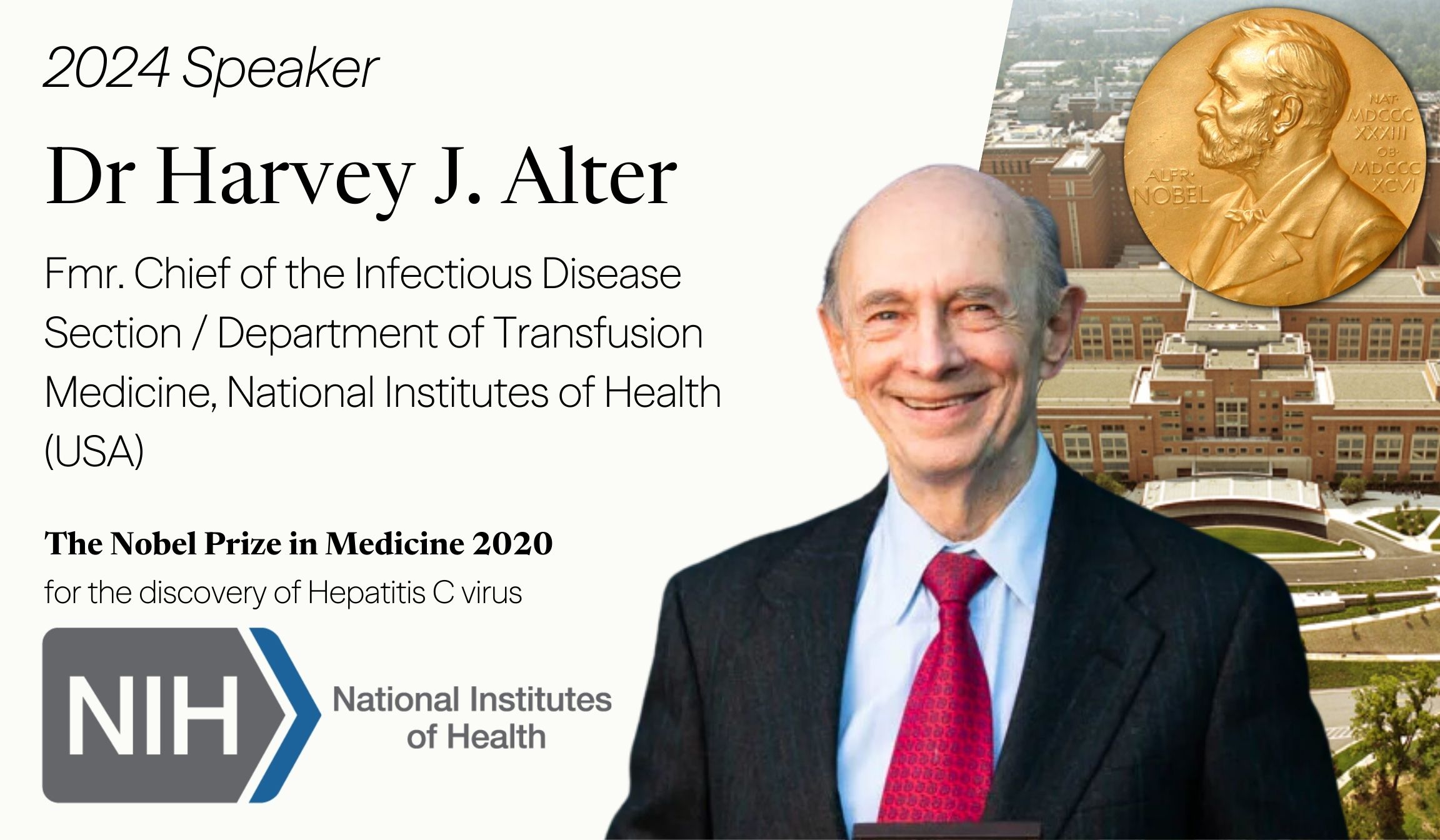
Dr Harvey J. Alter
The Nobel Prize in Medicine 2020 for the discovery of Hepatitis C virus
Dr Harvey J. Alter is an American medical researcher, virologist, physician and Nobel Prize laureate, who is best known for his work that led to the discovery of the hepatitis C virus. Alter is the former chief of the infectious disease section and the associate director for research of the Department of Transfusion Medicine at the Warren Grant Magnuson Clinical Center in the National Institutes of Health (NIH) in Bethesda, Maryland. In the mid-1970s, Alter and his research team demonstrated that most post-transfusion hepatitis cases were not due to hepatitis A or hepatitis B viruses. Working independently, Alter and Edward Tabor, a scientist at the U.S. Food and Drug Administration, proved through transmission studies in chimpanzees that a new form of hepatitis, initially called “non-A, non-B hepatitis” caused the infections, and that the causative agent was probably a virus. This work eventually led to the discovery of the hepatitis C virus in 1988, for which he shared the Nobel Prize in Physiology or Medicine in 2020 along with Michael Houghton and Charles M. Rice.
Dr Alter has received recognition for the research leading to the discovery of the virus that causes hepatitis C. He was awarded the Distinguished Service Medal, the highest award conferred to civilians in United States government public health service, and the 2000 Albert Lasker Award for Clinical Medical Research.
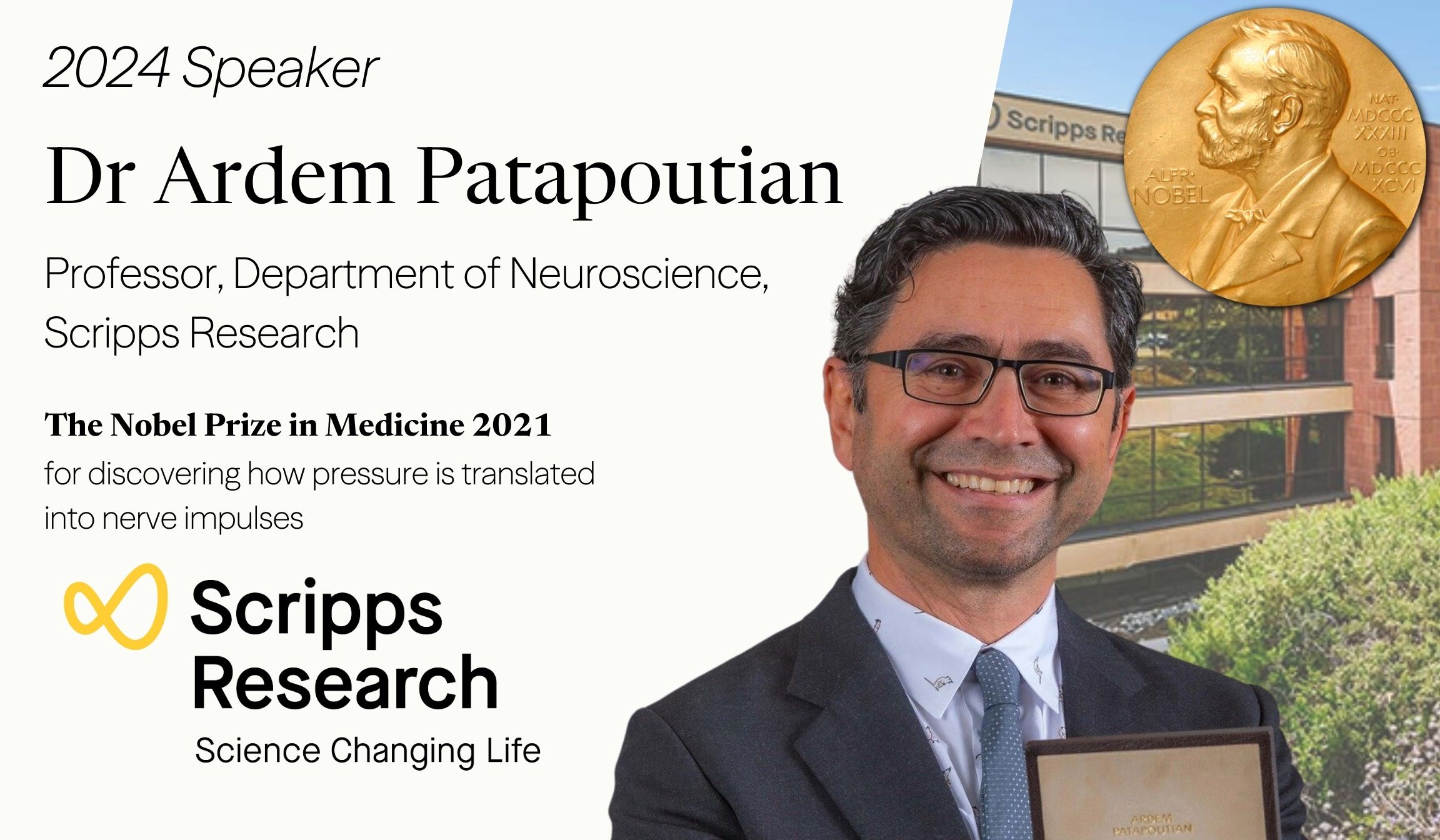
Dr Ardem Patapoutian
The Nobel Prize in Medicine 2021 for discovering how pressure is translated into nerve impulses
Dr Ardem Patapoutian is an Lebanese-American molecular biologist, neuroscientist, and Nobel Prize laureate of Armenian descent. He is known for his work in characterising the PIEZO1, PIEZO2, and TRPM8 receptors that detect pressure, menthol, and temperature. Dr Patapoutian is a neuroscience professor and Howard Hughes Medical Institute investigator at Scripps Research in La Jolla, California. In 2021, he won the Nobel Prize in Physiology or Medicine jointly with David Julius.
Dr Alter has received recognition for the research leading to the discovery of the virus that causes hepatitis C. He was awarded the Distinguished Service Medal, the highest award conferred to civilians in United States government public health service, and the 2000 Albert Lasker Award for Clinical Medical Research.
Frequently Asked Questions
The Re:think Essay competition is meant to serve as fertile ground for honing writing skills, fostering critical thinking, and refining communication abilities. Winning or participating in reputable contests can lead to recognition, awards, scholarships, or even publication opportunities, elevating your academic profile for college applications and future endeavours. Moreover, these competitions facilitate intellectual growth by encouraging exploration of diverse topics, while also providing networking opportunities and exposure to peers, educators, and professionals. Beyond accolades, they instil confidence, prepare for higher education demands, and often allow you to contribute meaningfully to societal conversations or causes, making an impact with your ideas.
As long as you’re currently attending high school, regardless of your location or background, you’re eligible to participate. We welcome students from diverse educational settings worldwide to contribute their unique perspectives to the competition.
There is no entry fee for the competition. Waiving the entry fee for our essay competition demonstrates CCIR’s dedication to equity. CCIR believes everyone should have an equal chance to participate and showcase their talents, regardless of financial circumstances. Removing this barrier ensures a diverse pool of participants and emphasises merit and creativity over economic capacity, fostering a fair and inclusive environment for all contributors.
Subscribe for Competition Updates
If you are interested to receive latest information and updates of this year’s competition, please sign up here.